#mire wallpapers
Explore tagged Tumblr posts
Text
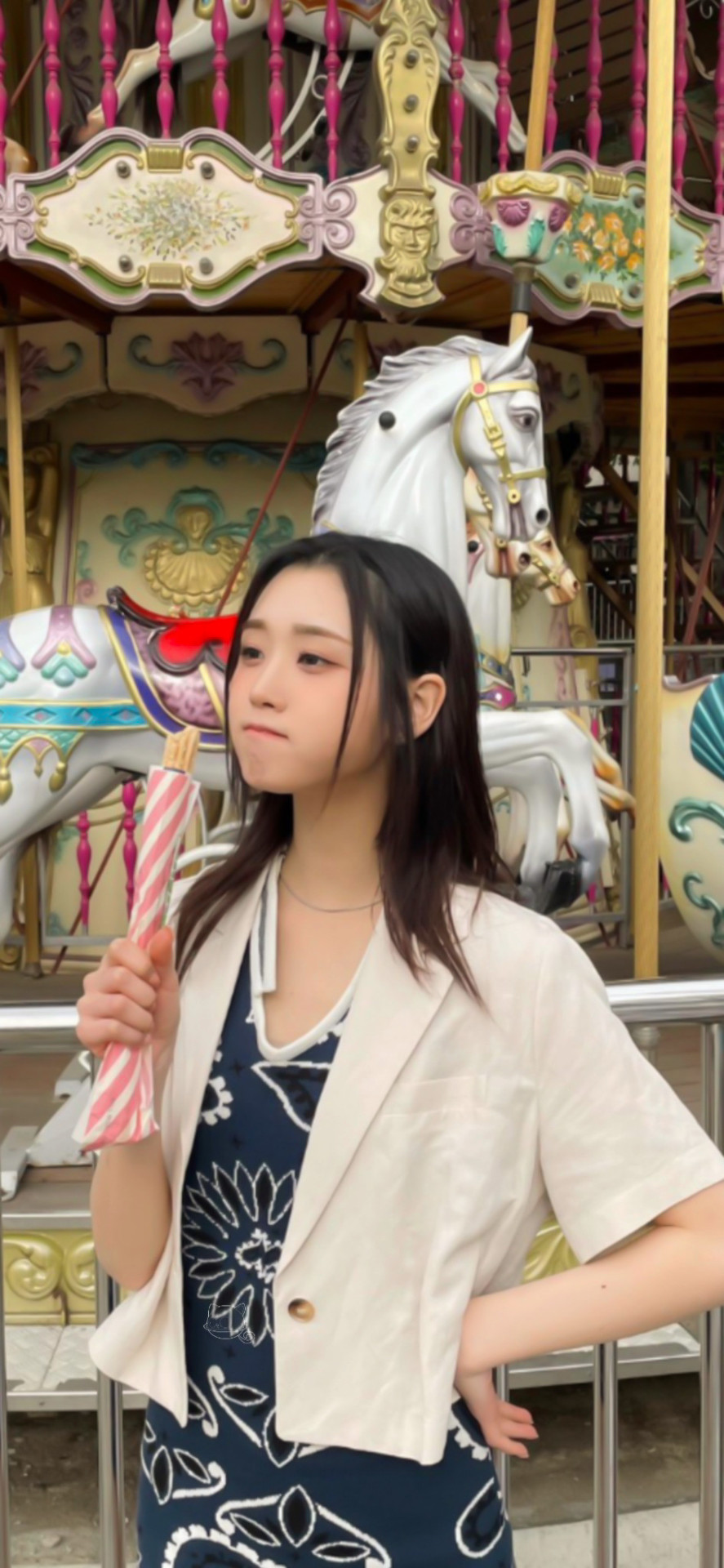
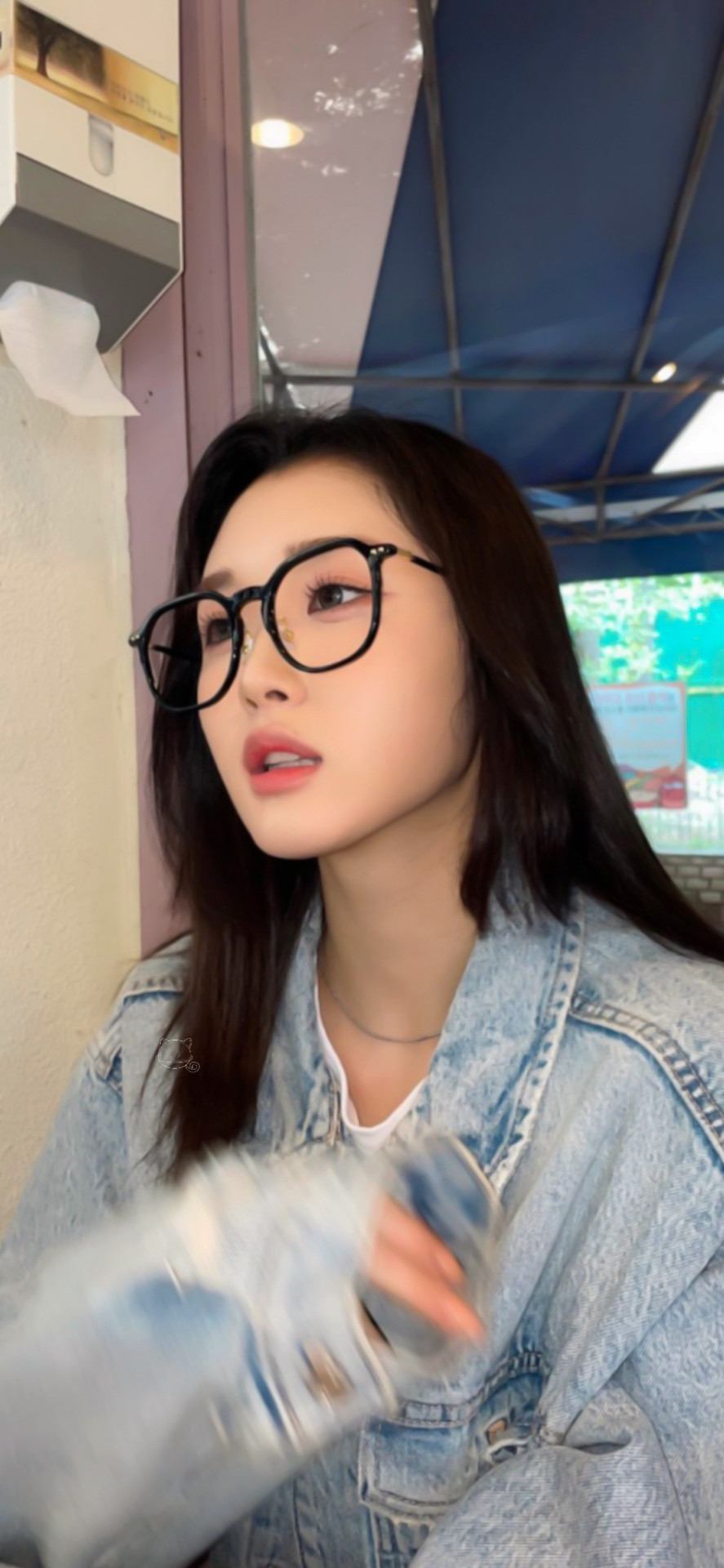
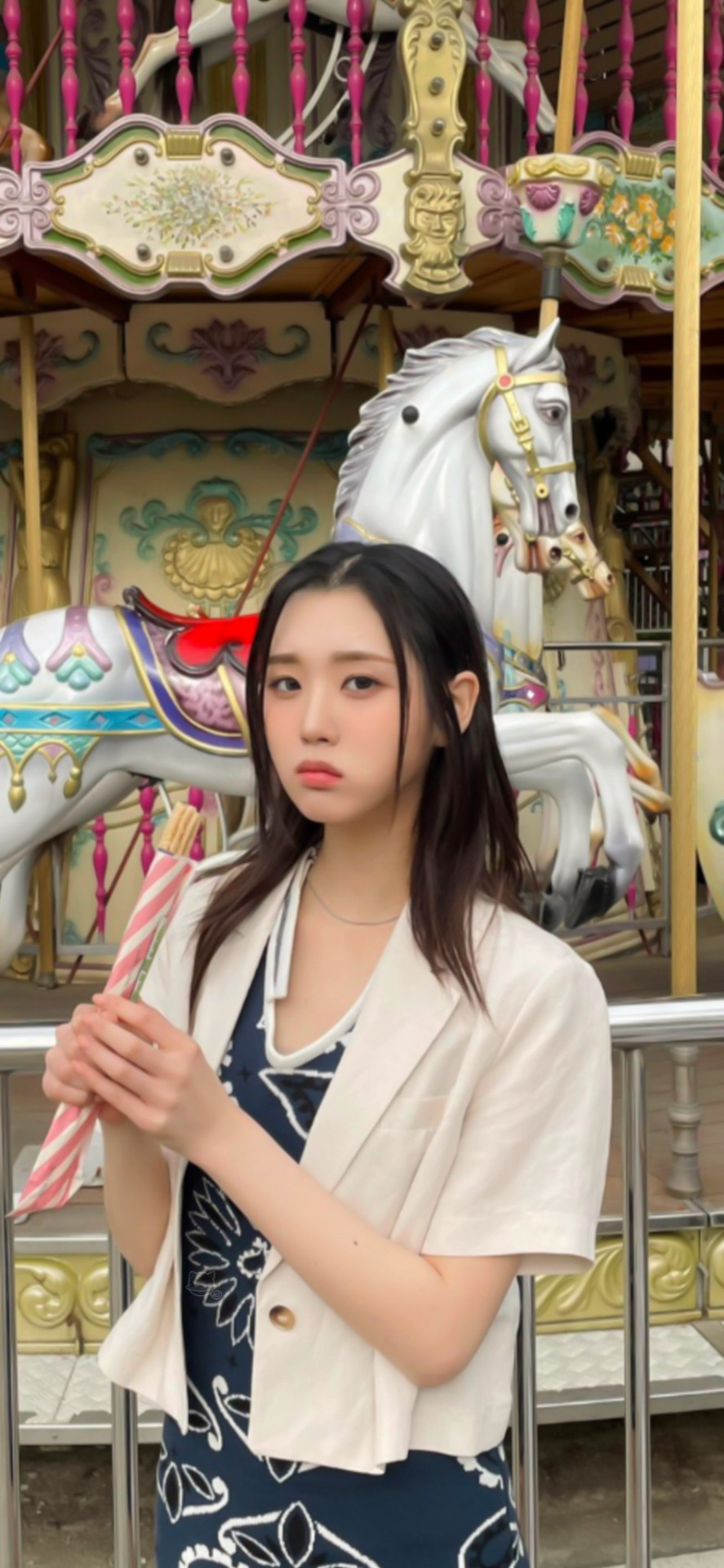
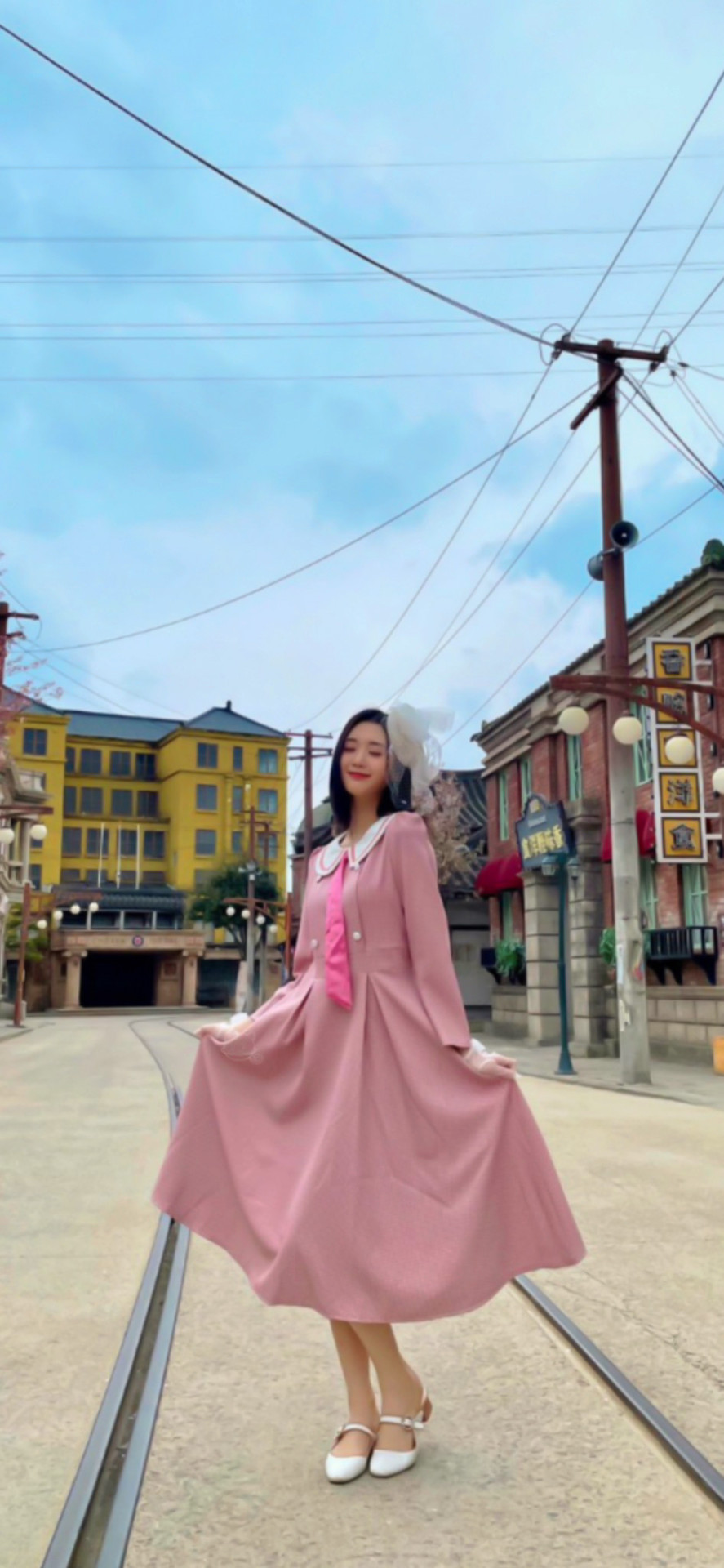
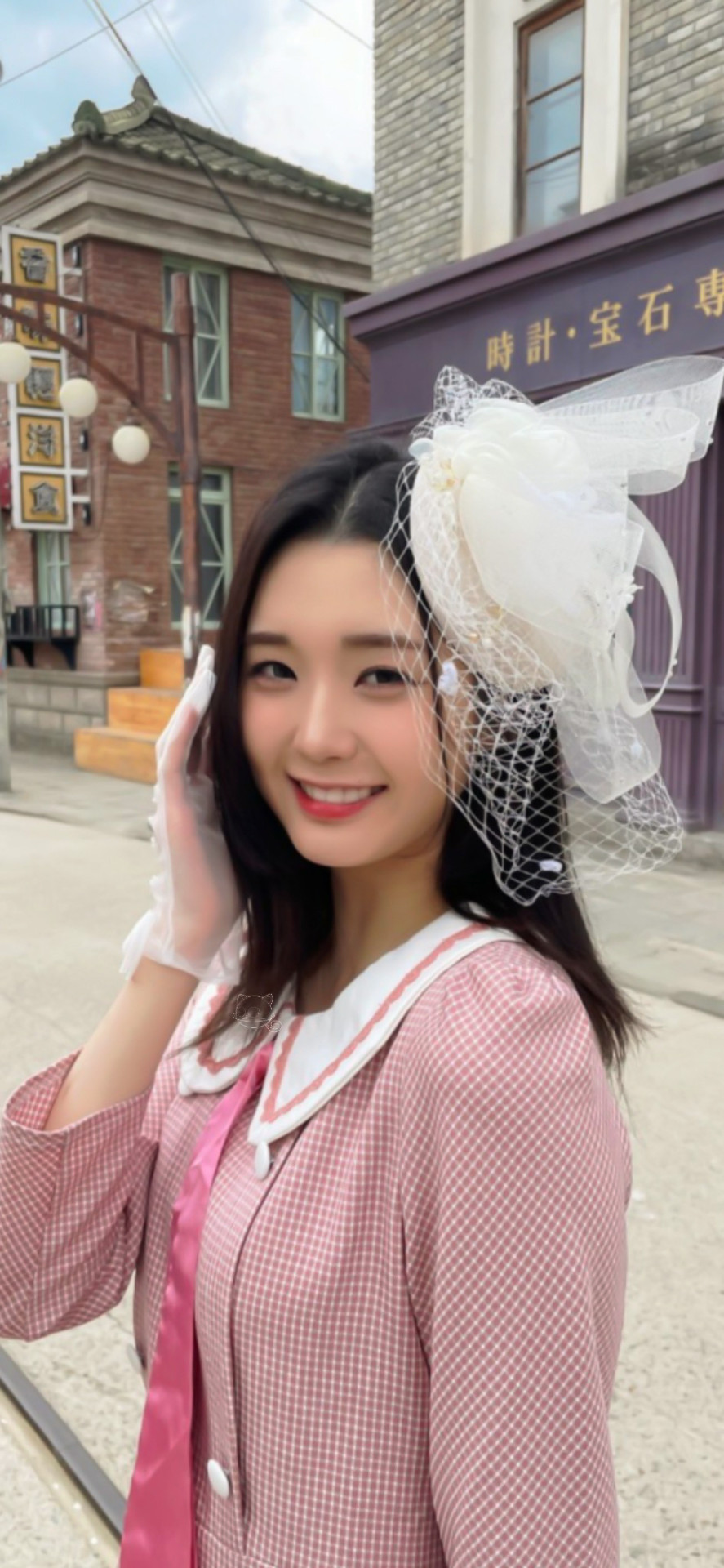
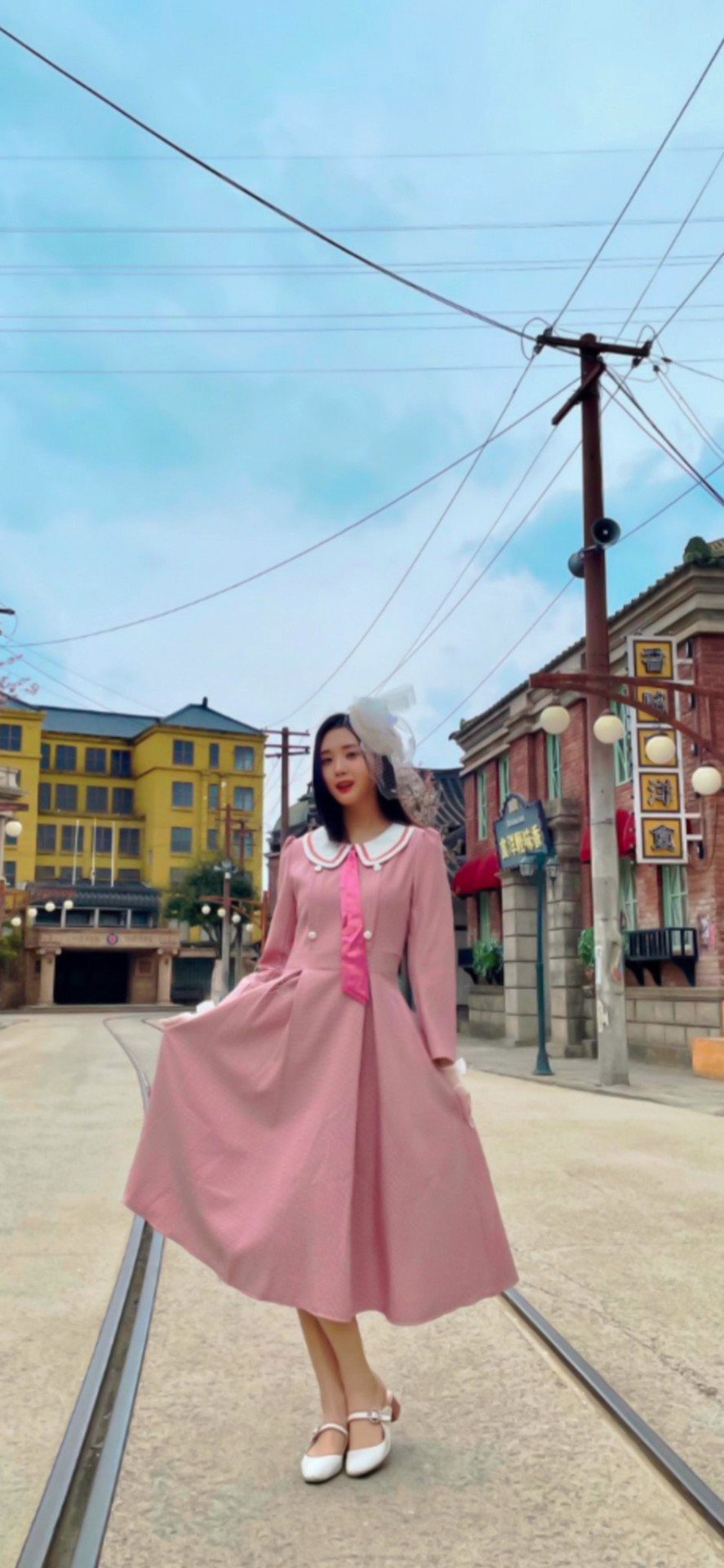
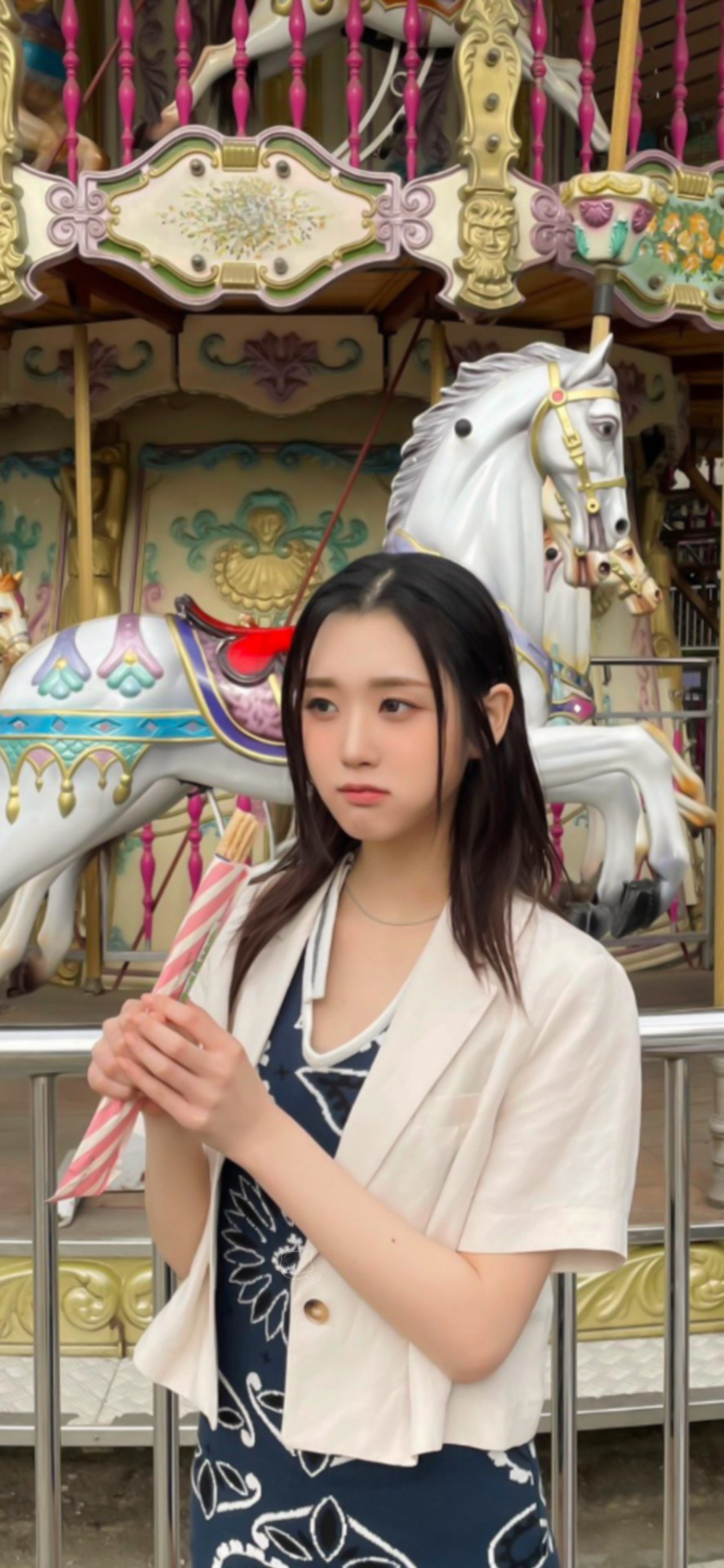

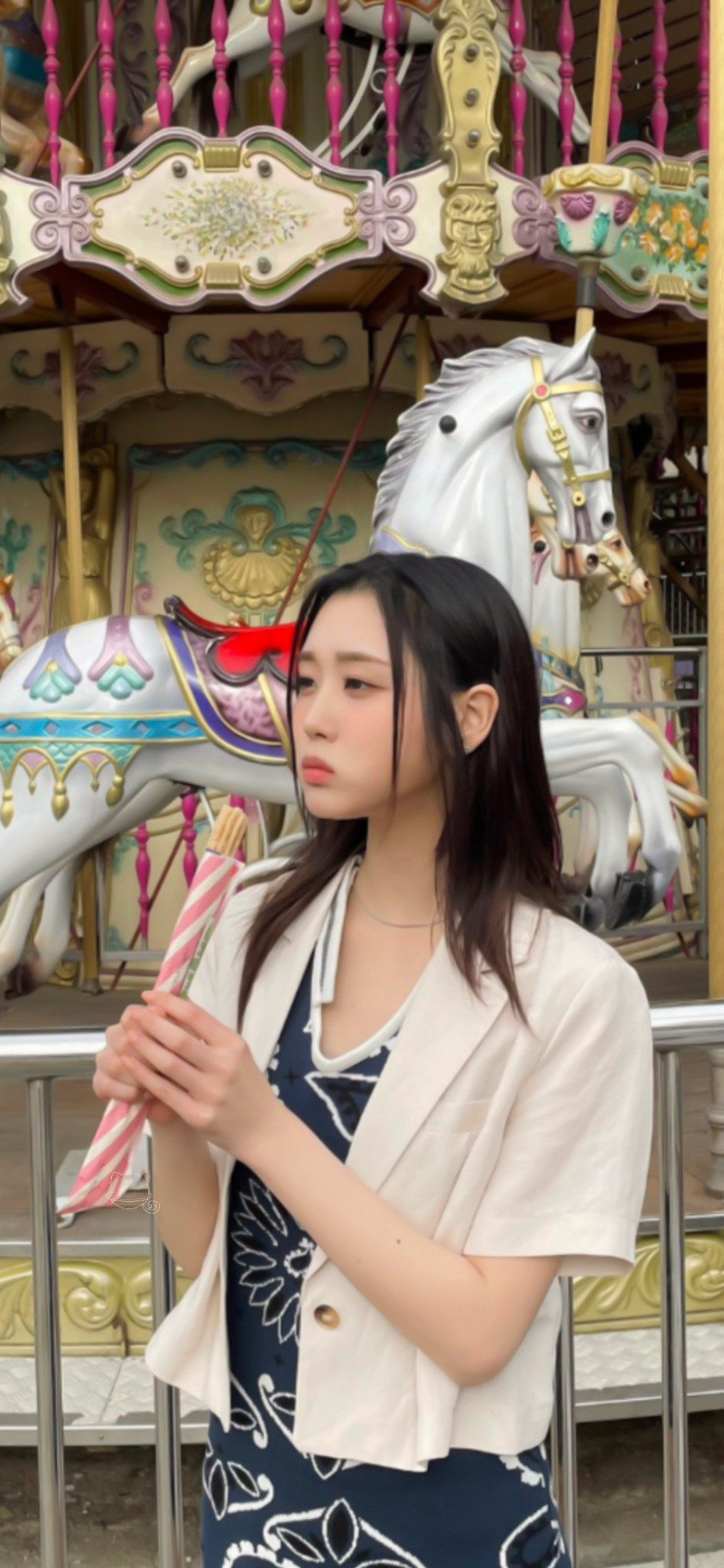
Mire × Tri.be ᓚᘏᗢ
✧ Girlfriend Material || Requested
✧ Nako
#mire lockscreens#mire lockscreen#mire wallpapers#mire wallpaper#mire#tri.be mire#tri.be mire lockscreens#tri.be mire lockscreen#tri.be mire wallpaper#tri.be mire wallpapers#tri.be#tri.be lockscreen#tri.be lockscreens#tri.be wallpapers#tri.be wallpaper#kpop#kpop wallpaper#kpop lockscreen#kpop lockscreens#kpop wallpapers#kpop locks#kpop tri.be
12 notes
·
View notes
Text

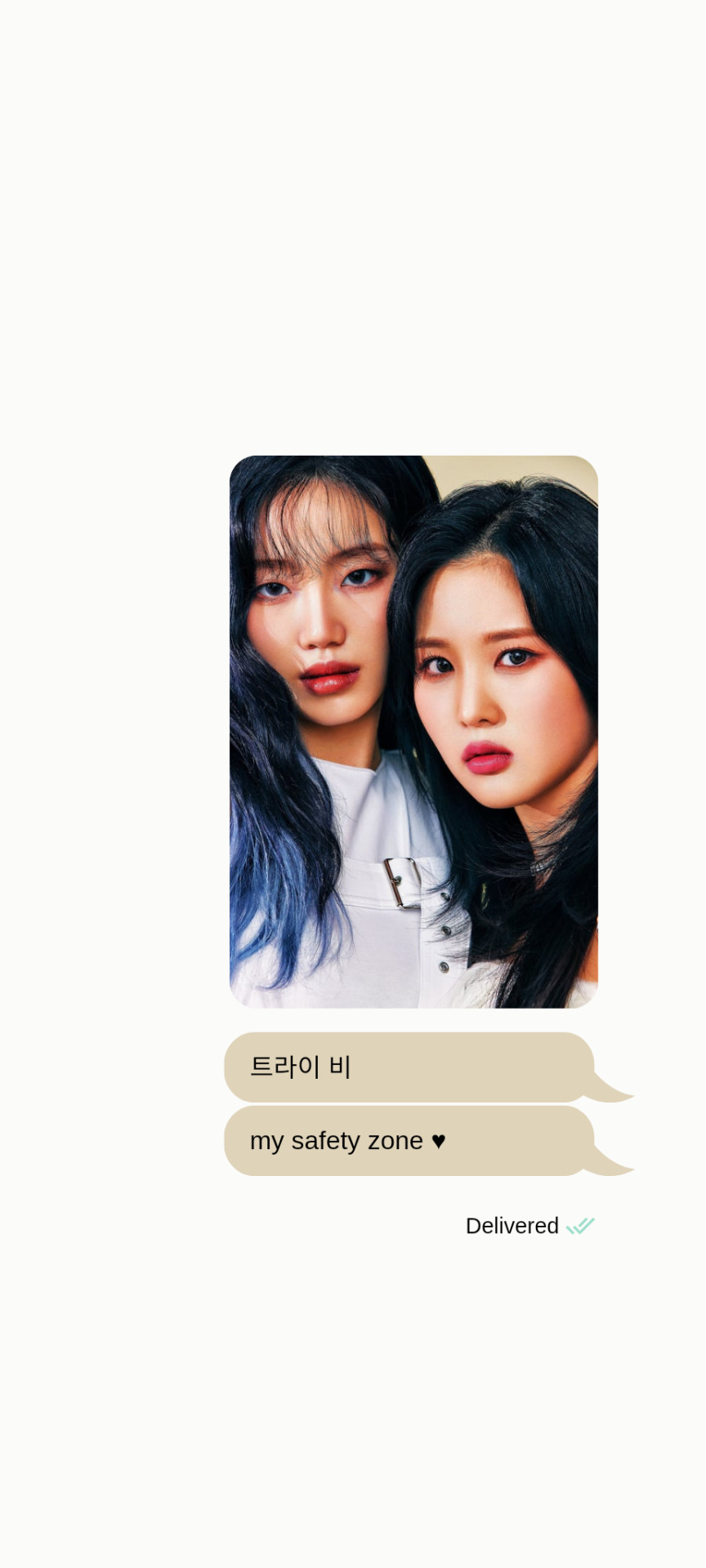








★. . tri.be lockscreens 𖹭
☆. . like or reblog if you like, save or use! hey, don't republish without credits!!
#﹫estrelinha-s ᐧ 𝗇𝖾𝗐 𝗉𝗈𝗌𝗍 𝗇𝗈𝗐.#ㅤ📎 ㅤ' ㅤ lockscreensㅤ ♡#bios © soil-e#tri.be#tri.be lockscreens#tri.be wallpapers#kpop#kpop lockscreens#kpop wallpapers#arquivo#my lockscreens#gg lockscreens#gg wallpapers#girls lockscreens#girls wallpapers#messy lockscreens#messy wallpapers#songsun lockscreens#kelly lockscreens#hyunbin lockscreens#jia lockscreens#soeun lockscreens#mire lockscreens
53 notes
·
View notes
Text
Writing Practice 1
The grounds stank of sulfur and decay as if every plant living nourished itself on the corpse of its compatriots. It was a stale scent that permeated everything like a pool of stagnant water soaking into black earth. The scent of poison gases that burned blue and led travelers to drown in the mire under the new moon.
As I made my way through the living willows and dead oaks, my inheritance came into view. Clack. Clack. Clack. One of the shutters signaled the impending maelstrom, its twin only hanging on by one hinge. The grimy glass was intact and offered a sanctum, but why? The rest of the home was as rotten as the landscaping; the windows should be replaced with plywood or jagged maws letting in the elements.
A thunderclap and the first patters of precipitation force me forward. Outside is certain danger. Inside is . . . clean? The dark oak wood glistens in the light of my cellphone flashlight, the curved reflections in its carvings a thousand tiny grins. A greeting. Though its outer core sloughs off, the arsenic green wallpaper is straight and flat, hugging the walls like the day it was applied. I take a few steps forward.
"Hello?" The words leave my mouth before my mind catches up. The hair on my body prickles. Why? The door was locked. The lights were out. Why did I feel I needed to say that?
2 notes
·
View notes
Text
Yesterday...
toothpaste and cigarettes (2003-12-21 19:50)
"Yeah, and...?” like some mocking voice of a stranger in the back of my head telling me to write about things I really care about. To care about things that are worth the heartache. What makes up these past years but vague emotional lines that seem like the pages of someone else’s wasted existence? As if I can’t get that word scraped out of my lungs.Who looks forward to these days of recapping the last year and what all I have or haven’t done? Can’t I just answer everything with a question? Mark your TV guides for every Sunday because here it is. This happy sad disease that I’ve circled around my entire life, but never fully settled on because up and down is the way of others. Not of me. I see them now waiting as they always have with pills in hand and empathetic looks. "So what? Everyone is damaged in some way." It sinks in the more I am mired down in this room. The more I am surrounded by the genetic code that drips off walls like slowly dissolving wallpaper glue left over from the seventies. Someday I may stand atop my bed, and will all that was left behind in decrepit houses and worn out bar stools to come back to me. She says, ”But not today,” like the remnants of Fall aren’t tucked squarely away in the back of her mouth. Someday, maybe. I’m starting to remember conversations which usually hide themselves away in verses and chords. The settings are no more than painted trees and weathered walls and I expect to look in the mirror and see my back void of color like a cartoon character with no depth. I can’t give what I’m unwilling to unearth. Blessed are the pure in heart...it was on a card bearing my name. I carried it with me when I was younger thinking one day I would see God. Perhaps if you believe in a drunken sullied bum trading souls for truth. I don’t look to them anymore, those disheveled wanderers carrying cardboard signs. The half grins of perpetually gone men saying, "It doesn’t matter," like any day is as good as the next. I have found the stillness in turning away. In the belief that each moment holds all I will ever need. That certainty lies in the past and the present is not searching but yielding and malleable like a handful of red clay. Keep silent, pull away, and welcome me home.
0 notes
Text
INSPIRASI WALLPAPER DINDING RUANG TAMU
Anda sedang cari inspirasi wallpaper dinding ruang tamu ya. Wallpaper Malang Id adalah pilihan yang tepat. Wallpaper Malang Id adalah penyedia berbagai macam dekorasi interior seperti partisi sekat kayu, lantai vinyl, wallpaper vinyl, dan kaca bevel. Partisi sekat kayu adalah pembatas ruang yang terbuat dari bahan kayu, digunakan untuk memisahkan area dalam ruangan. Lantai vinyl adalah penutup lantai sintetis yang mudah dipasang. Wallpaper vinyl adalah wallpaper yang motifnya bisa Anda pilih sesuai dengan desain yang Anda inginkan. Dan Kaca bevel adalah kaca dengan tepi yang dipotong miring untuk menciptakan efek estetis, sering digunakan pada bingkai atau furnitur. Dengan menggunakan berbagai dekorasi dari Wallpaper Malang Id, dinding ruang tamu Anda akan jadi lebih mewah dan aesthetic. Untuk pemasangannya juga tentunya mudah, karena kami sudah menyediakan jasa pasangnya. Rincian Partisi Sekat Kayu: Partisi: multiplex finishing hpl Ukuran: custom Harga: Rp. 9.000.000 (tambahan harga sesuai custom ukuran sekat kayu/partisi) Rincian Lantai Vinyl: Jenis: PVC/SPC Harga: Rp. 454.000/dus Harga pemasangan: Rp. 85.000 per m² Minimal pemasangan: 5m² Rincian Wallpaper Vinyl : Bahan : Vinyl Minimal Pemasangan : 5 Roll Paket Jasa Pasang+Wallpaper Vinyl roll : Rp. 190.000 - 290.000 (free lem area Kota Malang) Rincian Kaca Bevel: Jenis: Kaca bevel Harga+pemasangan: Rp. 2.550.000 Minimal pemasangan: 1m² Jadi tunggu apa lagi, ayo segera hubungi Wallpaper Malang Id untuk mencari inspirasi wallpaper dinding ruang tamu dan untuk info lebih lanjut: WhatsApp: 0878-0314-4655 Instagram: wallpapermalang.id

#wallpapermalangid#dekorasiinterior#wallpapervinyl#sekatpartisi#lantaivinyl#jasaprofesional#interiorberkualitas#dekorasirumah
0 notes
Text
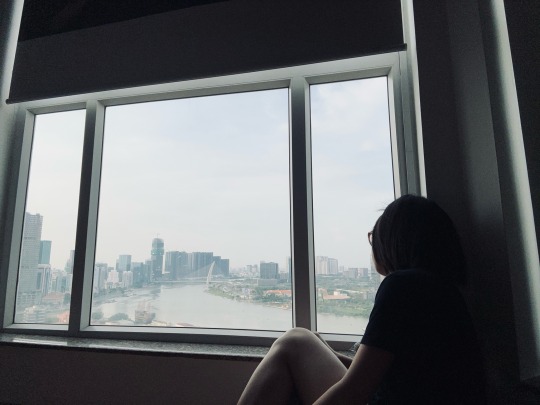
I said to my soul, be still, and wait without hope, For hope would be hope for the wrong thing; wait without love, For love would be love of the wrong thing; there is yet faith... And the faith and the love and the hope are all in the waiting. Wait without thought, for you are not ready for thought: So the darkness shall be the light, and the stillness the dancing. East Coker by T.S. Eliot
By chance, I stumbled upon these profound lines from Eliot while listening to an episode of Tim Ferriss's podcast. Their resonance is undeniable, especially as I grapple with my unrequited love for Mimu. His silence, a gesture of politeness and gentlemanly restraint, prevents any false hopes or misunderstandings from taking root within me. I admire this act deeply; it is, perhaps, why my feelings for him have grown so strong. Yet, I know that I must move on, keep faith in life, and disentangle Mimu from my world. The misery persists as long as I tie my hopes and love to Mimu—a man who will never be mine.
Even though his picture still graces my phone's wallpaper, I know that words are easier than actions, and I can't erase him from my memory overnight. It will take time. Eliot's poem suggests, "Wait without hope, for hope would be hope for the wrong thing." Perhaps it teaches me that, given enough time, I will realize Mimu isn't right for me. My feelings may stem more from admiration and fantasy than genuine love—or at least the kind of love I wish to share with him. It's all about possibilities and maybes.
Yet, having waited over 30 years for true love without finding it, how can I remain positive, calm, and still? I often feel a profound sense of unfairness, but life is inherently unfair, and acceptance is my only recourse. I strive to practice gratitude and acceptance, even as it means enduring many rainy, gloomy days and confronting dark thoughts, with loneliness as my constant companion.
I must accept this reality. I often find tears streaming down my face without reason, or perhaps for the singular reason that has persisted all these years: loneliness. It envelops me like a mire, and the more I struggle to escape, the deeper I sink. No one truly understands. An endless battle rages within me—a fight between myself and my solitude.
0 notes
Text
Cara Mengubah Kamar Tidur Tradisional Kecil

Ide dekorasi tradisional dapat dengan mudah menggabungkan aksen antik untuk menciptakan ruang yang anggun. Gabungkan cetakan, detail ukiran, dan aksen berlapis emas untuk menghadirkan kekayaan pada ruangan.
Ide Wallpaper Kamar Tidur Tradisional
Gunakan ide wallpaper bermotif yang serasi dengan tempat tidur Anda untuk memberikan ruangan tampilan yang koheren. Menggunakan pola yang berani dapat membuat pola menjadi norak, jadi batasi jumlahnya dan campurkan padatan untuk keseimbangan.
Biasanya dipasang berpasangan di sepanjang sisi tempat tidur, sconce dinding menyediakan titik terpusat untuk lampu baca fungsional. Pilihan pencahayaan kamar tidur serbaguna ini dapat dipasang atau dipasang untuk mengakomodasi tata letak rumah apa pun.

Pertimbangkan untuk memilih perangkat yang kompatibel dengan sakelar peredup agar Anda dapat mengubah kecerahan berdasarkan suasana hati Anda. Misalnya, pasangan tempat lilin kontemporer ini menawarkan pelat belakang melingkar yang ramping dan sentuhan akhir klasik agar sesuai dengan berbagai gaya interior tradisional.
Manfaat menambahkan Tanaman Hias
Menambahkan tanaman membantu kamar tidur tradisional terlihat lebih bersahaja dan alami. Pothos emas (juga disebut tanaman ivy setan) adalah pilihan yang baik untuk jendela kamar tidur karena menghilangkan racun seperti benzena, toluena, dan formaldehida dari udara serta menambah kelembapan. Namun berhati-hatilah karena ini sedikit beracun bagi hewan peliharaan.
Warna-warna gelap menipu mata untuk berpikir bahwa ruangan lebih besar, dan cocok dipadukan dengan tanaman hijau.

Menambahkan cermin adalah ide kamar tidur sederhana yang meningkatkan cahaya dan menambah proporsi. Jika memungkinkan, pilih pasangan yang meniru bingkai jendela untuk efek terpadu.
Pertimbangkan cermin dekoratif berbingkai yang berfungsi ganda sebagai sandaran kepala untuk tampilan menarik yang juga membuat ruangan terasa lebih besar. Atau, cobalah cermin besar berukuran penuh di atas meja rias yang dapat digunakan untuk memeriksa pakaian dengan cepat.
Trik Mengoptimalkan Tempat Tidur
Mengoptimalkan penyimpanan di bawah tempat tidur membantu mengurangi kekacauan dan membuat ruangan terasa lebih luas. Carilah wadah yang dirancang khusus untuk digunakan di bawah tempat tidur dan pertimbangkan pelapis yang menyembunyikan tempat sampah biasa. Jika ruang di bawah tempat tidur Anda rawan debu, pilihlah wadah berpenutup.
Atur pakaian, seprai, atau selimut ekstra dalam kantong penyimpanan bawah tempat tidur berritsleting besar yang dapat dikompres untuk mengurangi jumlah besar. Ini juga bagus untuk menyimpan barang berharga seperti kerudung dan gaun pembaptisan.

Meja nakas terapung adalah pilihan gaya untuk kamar tidur tradisional. Desain minimalis ini mudah disesuaikan dan dapat menyembunyikan kabel pengisi daya di balik bagian belakang rak yang miring.
Banyak ide - ide untuk kita mendesain kamar tidur kita salah satu caranya bisa kita dapatkan model kamar tidur atau rumah yang sudah memiliki desain kamar tidur mewah melalui situs penjualan idrumah.com.
0 notes
Text
Show
Book?
Anyways, book three.
Investigating a crime scene with a dead body where she purposefully averts her eyes because she finds it disturbing.
Is nearly drowned by a Sea Hag and then has to carry a dead body, one that's been decaying for years.
Gets held hostage by Sanguine and has a razor pressed against her throat.
Watches a guy gets possessed by a bunch of Gods.
They break into the Sanctuary (they'd been fired in the last book) and face a bunch of assassins and then the other good guys because they look like the bad guys.
There's a bit that I don't know how to describe so I'm just going to put the end result of the incident here. For context, her tooth had been knocked out and she'd been acting like everything was fine.
She sagged. Skulduggery took the key from its hiding place in the tailpipe, opened the car and got in. Valkyrie slid in beside him, buckled up without enthusiasm and Skulduggery started the engine. “Starts first time,” he said happily.
And then later:
Kenspeckle was in one of the labs, drinking a cup of tea and eating a scone. He muttered when he saw them approaching, but his eyes narrowed when Valkyrie neared. Up until now, she had been pretty brave about it, but the look of concern on Kenspeckle’s face brought tears to her eyes and she couldn’t help it. She started crying. Skulduggery stepped back like she had stung him, but Kenspeckle rushed forward.
Save my girl, she deserves the world.
Anyways, moving on. She gets told that there's a vision where Skulduggery gets a new partner, a girl with dark eyes and hair, and she dies fighting a terrible darkness by his side. Something along the lines.
She goes down to the caves again and the ghost of the man who built the mansion tries to keep her with him as his queen because she's alive. Bear in mind he'd be the king. That whole chapter was a disturbing read actually. Isn't phase 1 for younger teenagers, why is this line here?:
The wallpaper changed, becoming a thousand faces, all Mire’s, glaring at her and echoing his words. “My enemies suffer,” the ghost and his thousand faces said. “My enemies bleed. They scream and beg and cry.”
Bonds to the Sceptre and can now turn things to dust, which she does to several bookcases.
Gets chased down by a Sanctuary operative and is being arrested for breaking into the Sanctuary. She fourteen. She ends up getting into a tractor with a non-magical person she knows because it's illegal to reveal magic. Remus Crux (the guy chasing her) knocks him out in front of her.
Get's put in a cell with a man who wants to kill her. Is he good at killing people? No. But neither had their magic, she didn't have her protective clothing and Valkyrie is fourteen, if it had been anyone else, she'd have died.
Watches someone nearly kills Mr Bliss, saves him and nearly dies herself doing it.
Fights the assassins again.
Slashes someone's belly open with a sword.
Three gods come through a portal and she nearly goes insane looking at one.
Gets chased by a god.
Kills two gods and then the Sceptre breaks.
Gets chased by a god again but this time she's bait. Oh right and this little thing:
Now that the link was gone, the gateway started to rapidly close. And then a tentacle slid out and wrapped around Skulduggery’s ankle. It tugged and he fell. He clutched at the ground as he was dragged quickly back. “Skulduggery!” Valkyrie screamed, sprinting towards him. He looked up and reached out to her, but it was too late. He disappeared through the gateway.
This affects her so much that she doesn't go home for days. I'm pretty sure it mentions her not eating.
Book three sparkle sparkle
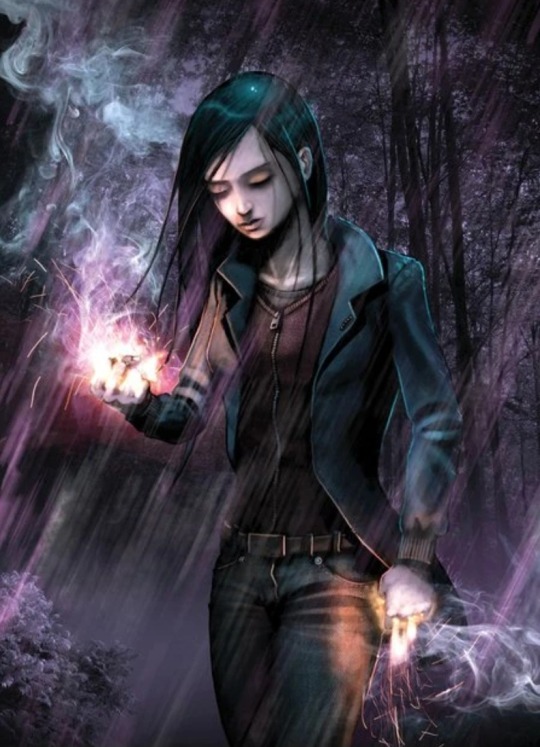
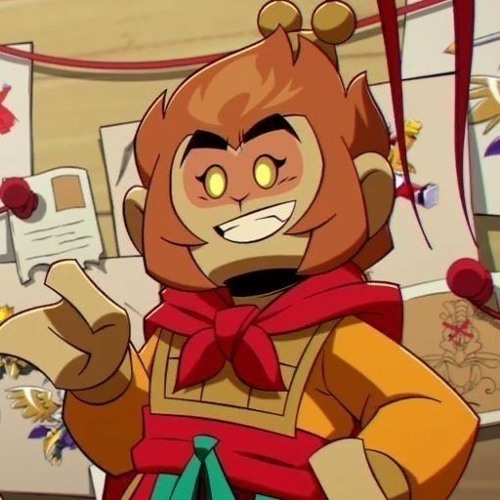
70 notes
·
View notes
Text






꒰ ˀˀ ↷ kemire ; simple+edit ”♡ᵎ ꒱
like/reblog | @keroppiwon
don’t repost our work or claim it as yours
#nana#kelly#mire#lin weihsi#aoyagi sumire#tribe#tribe kelly#tribe mire#kelly lockscreens#kelly lockscreen#kelly wallpaper#kelly wallpapers#mire lockscreen#mire lockscreens#mire wallpapers#mire wallpaper#tribe lockscreens#tribe wallpapers#tri.be#tri.be wallpapers#tri.be wallpaper#tri.be lockscreens#tri.be lockscreen#kpop#kpop wallpapers#kpop lockscreens#lockscreens#wallpapers#kpop locks#tri.be locks
92 notes
·
View notes
Photo

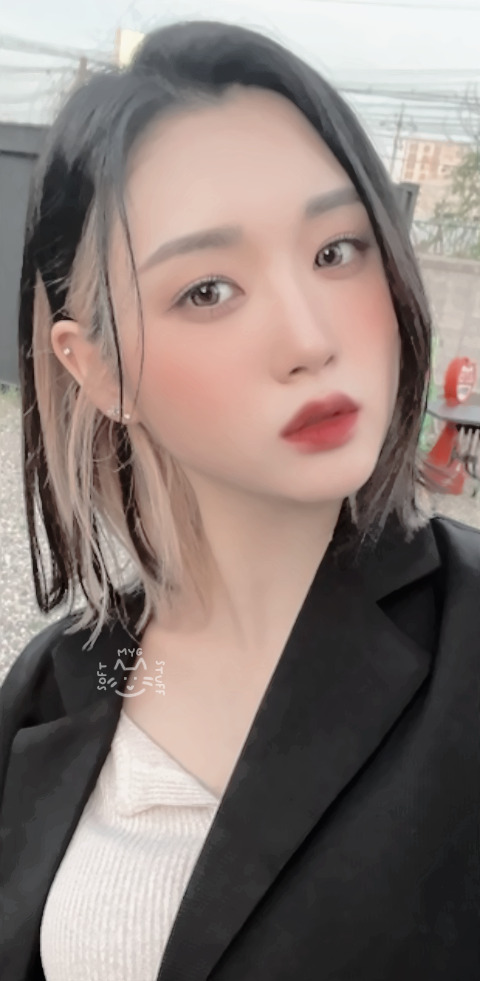
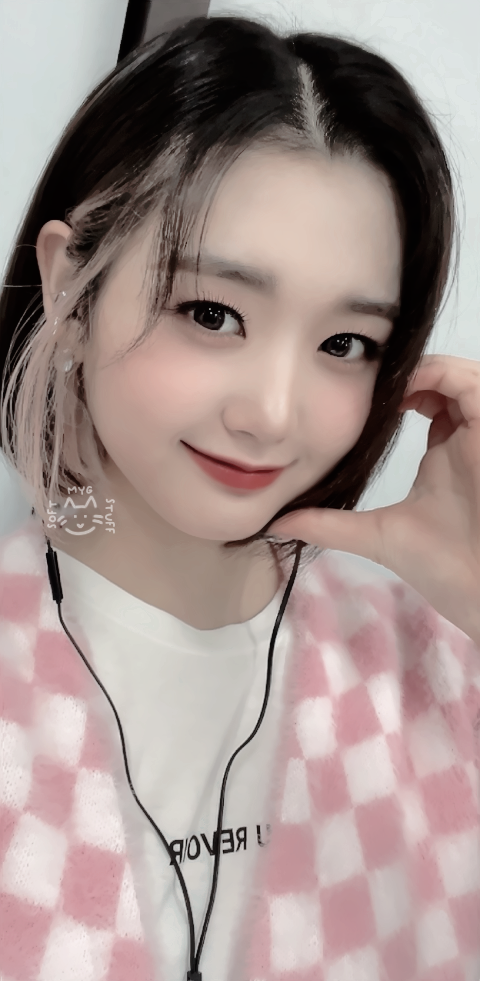


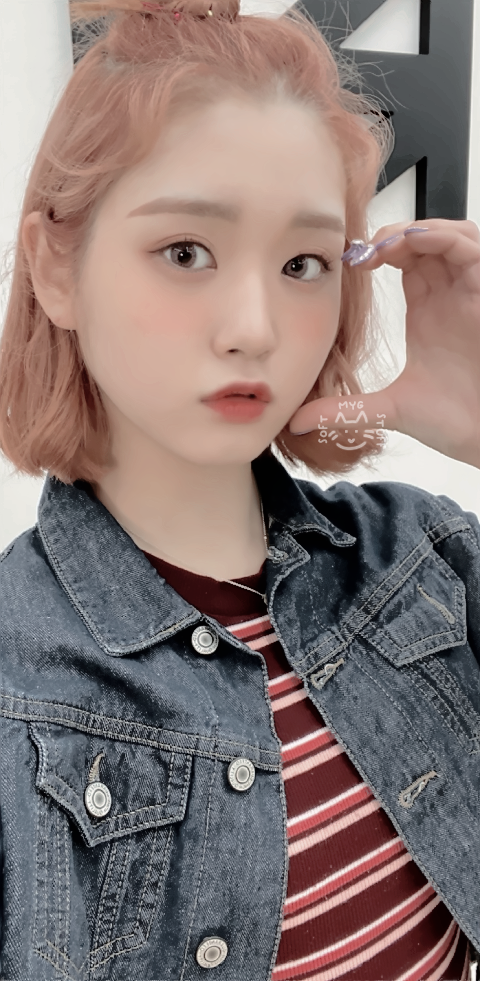
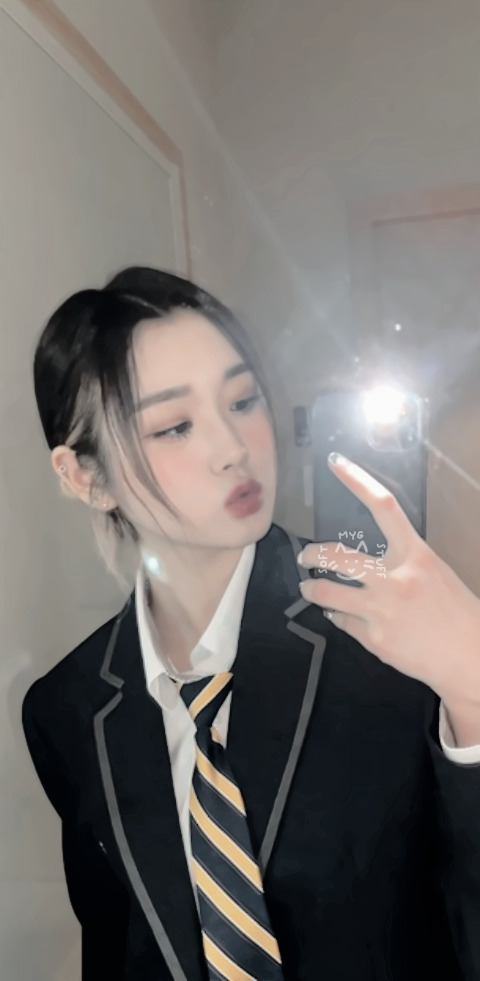


✧ mire ┆ lockscreens ! ★☆ psd by: @noirpsds & iapetite on da
#kpop#kpop girls#kpop lockscreens#kpop wallpapers#kpop soft lockscreens#kpop soft wallpapers#soft lockscreens#soft wallpapers#tribe#tribe mire#mire#aoyagi sumire#sumire#tribe lockscreens#tribe wallpapers#tribe soft lockscreens#tribe soft wallpapers#mire lockscreens#mire wallpapers#mire soft lockscreens#mire soft wallpapers#sumire lockscreens#sumire wallpapers#noirpsds#chacha#iapetite#aesthetic#aesthetic lockscreens#aesthetic wallpapers#aesthetic soft lockscreens
29 notes
·
View notes
Text






mire lockscreens! please, like or reblog if you save it! 🌿
#mire#mire lockscreen#mire wallpaper#tribe#mire wallpapers#tribe lockscreen#tribe wallpaper#tribe wallpapers#tribe mire#tri be#tri be lockscreen#tri be wallpaper#tri be wallpapers#tri be lockscreens#aoyagi sumire lockscreen#aoyagi sumire wallpaper#aoyagi sumire wallpapers#aoyagi sumire lockscreens#aoyagi sumire#tribe sumire#tri be sumire#tri be mire
39 notes
·
View notes
Text
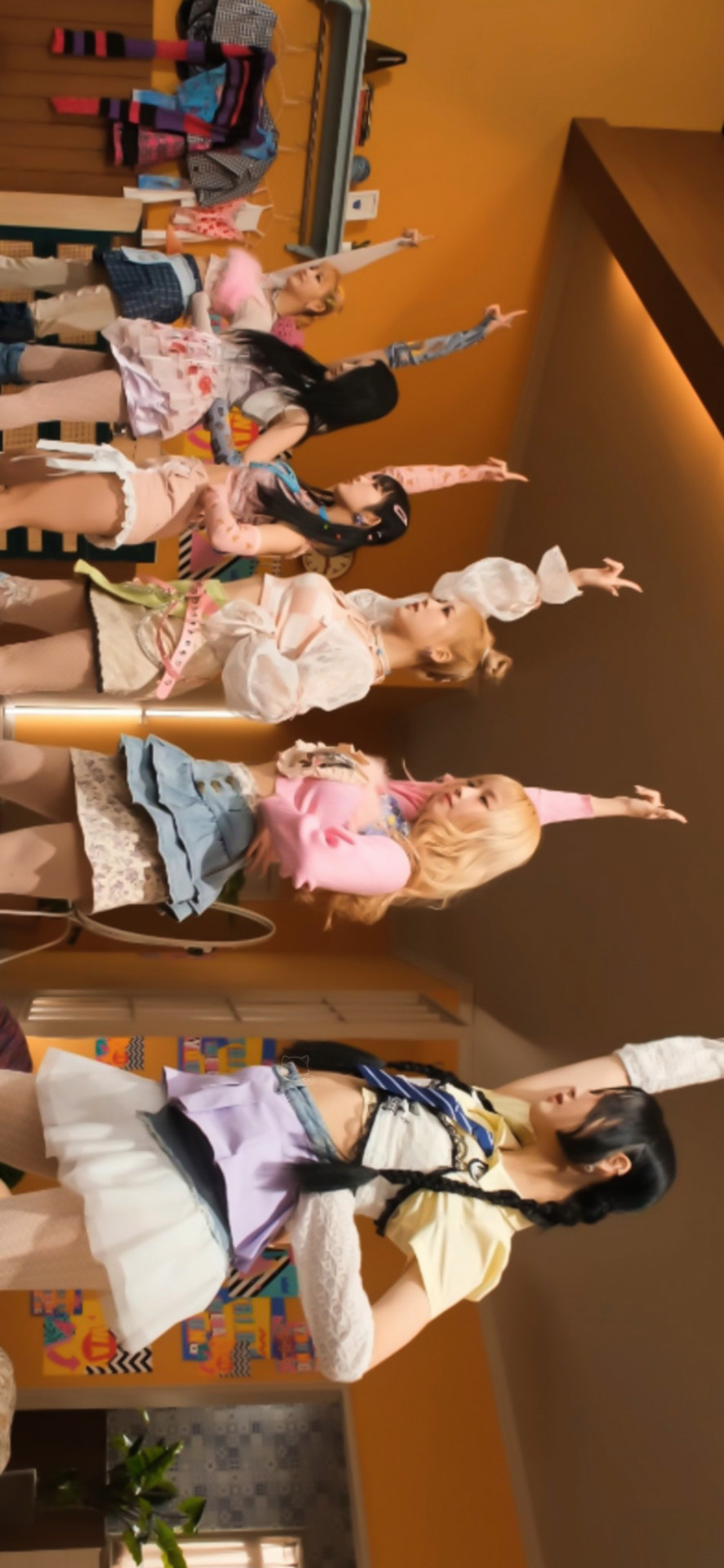


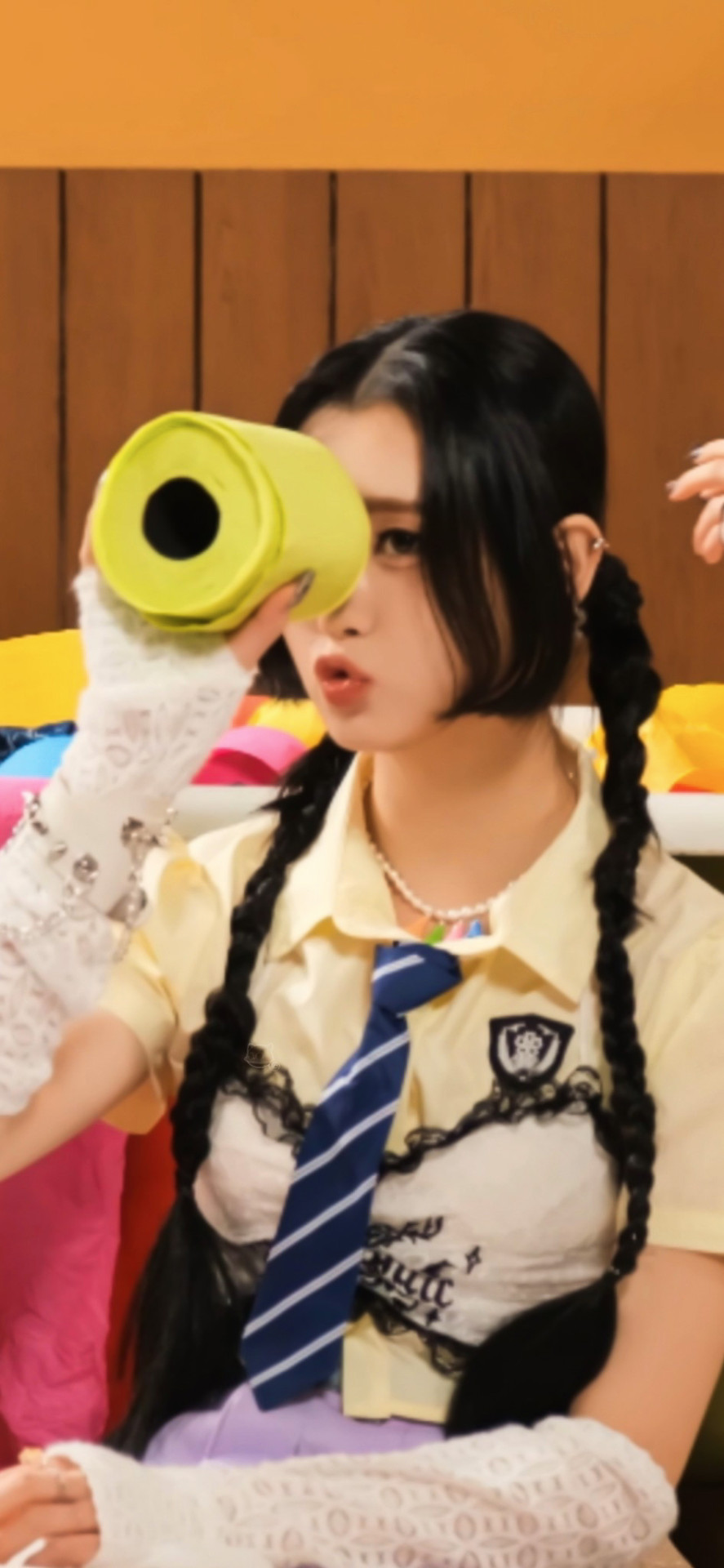
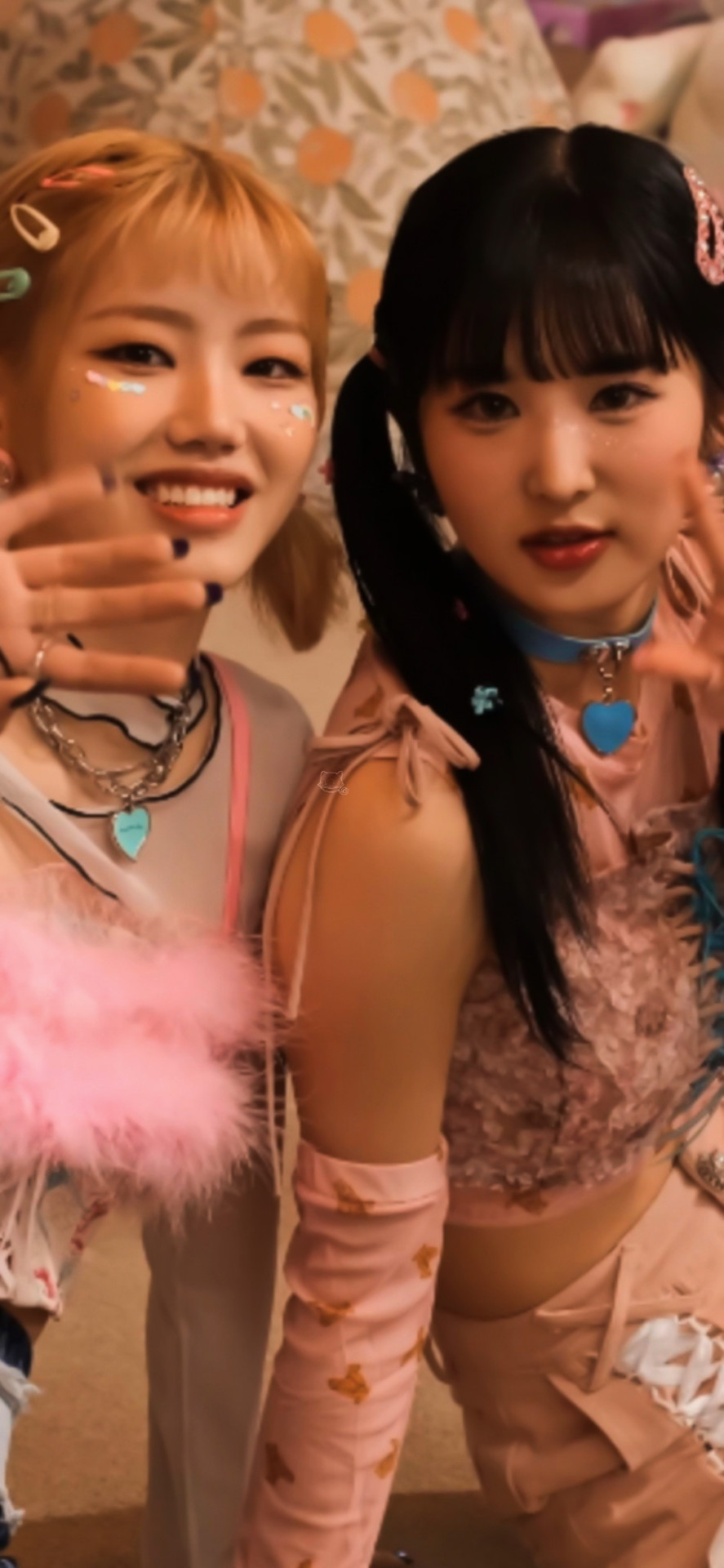
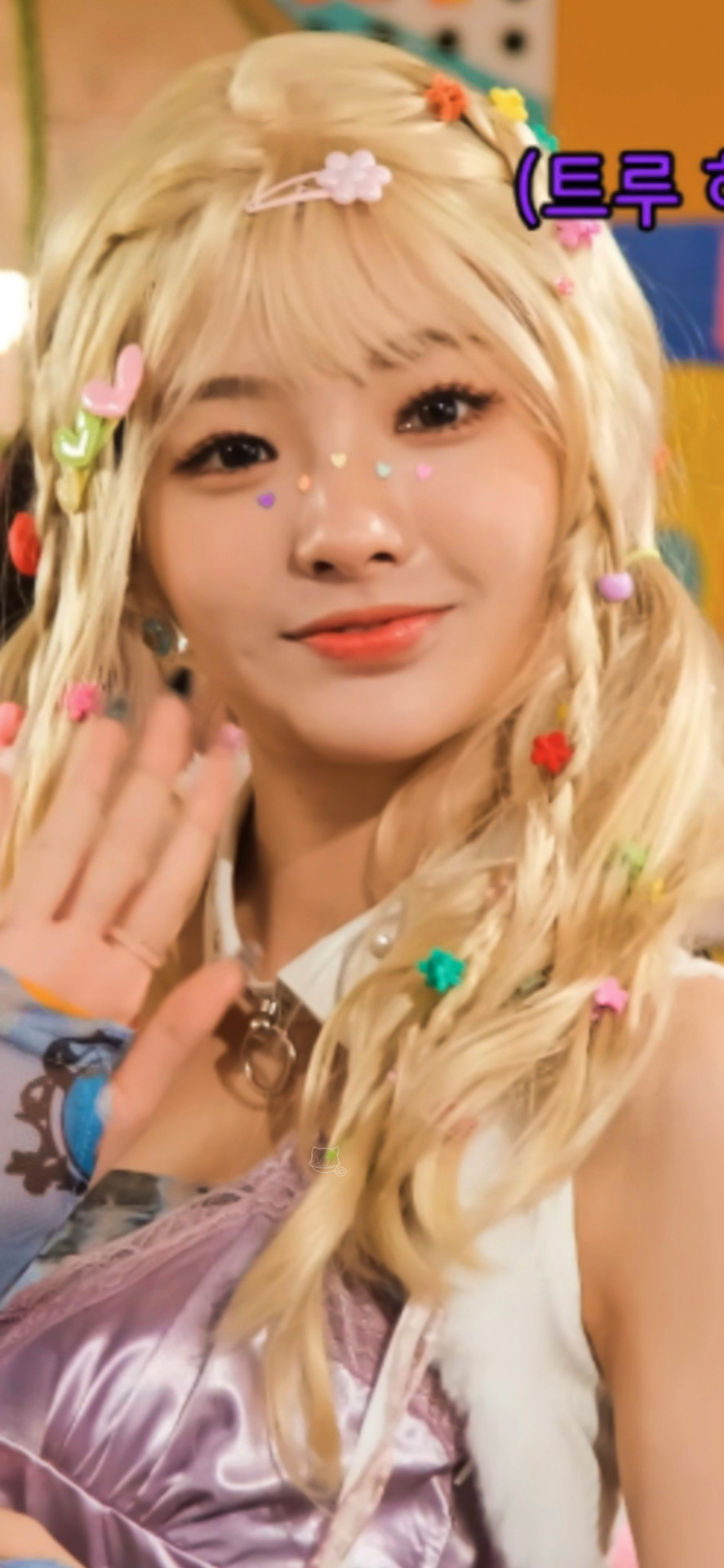
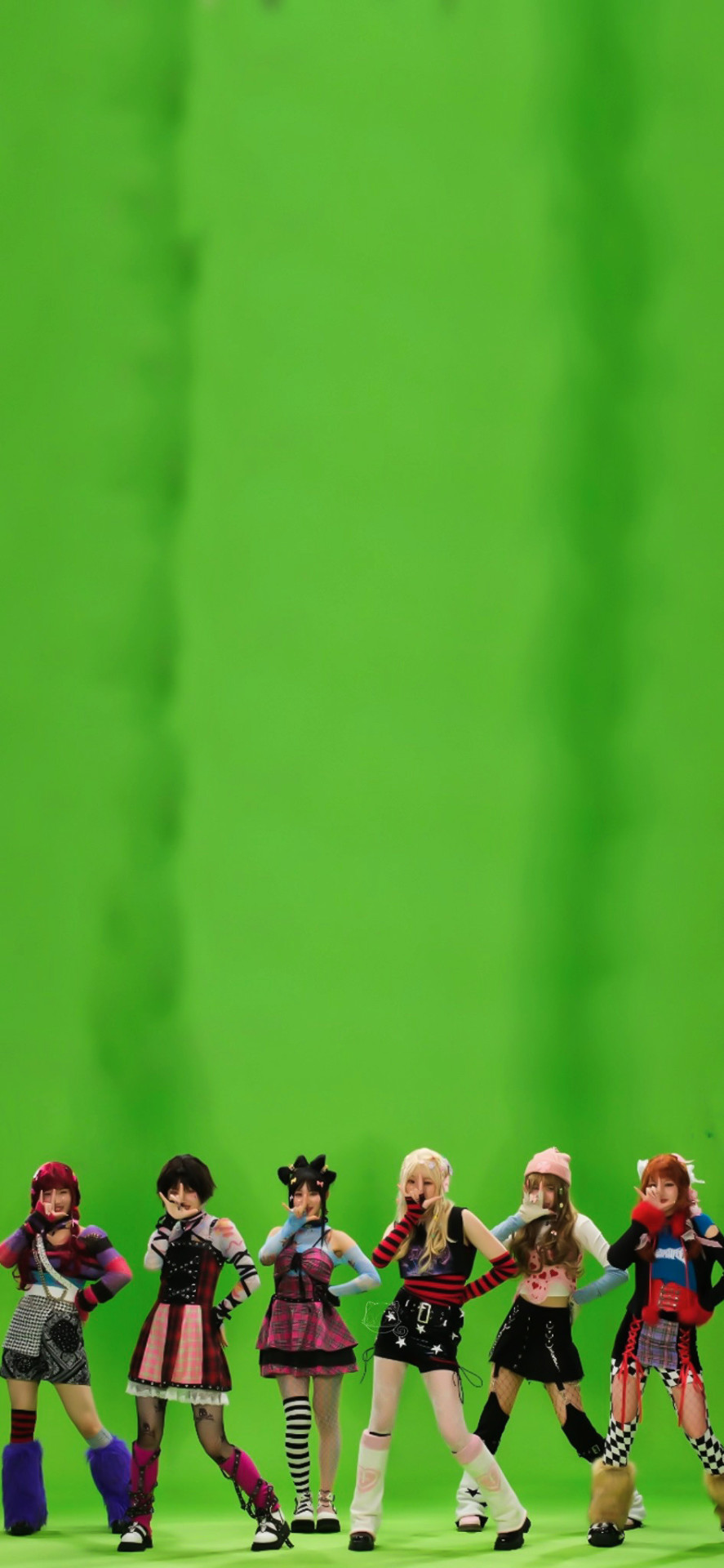
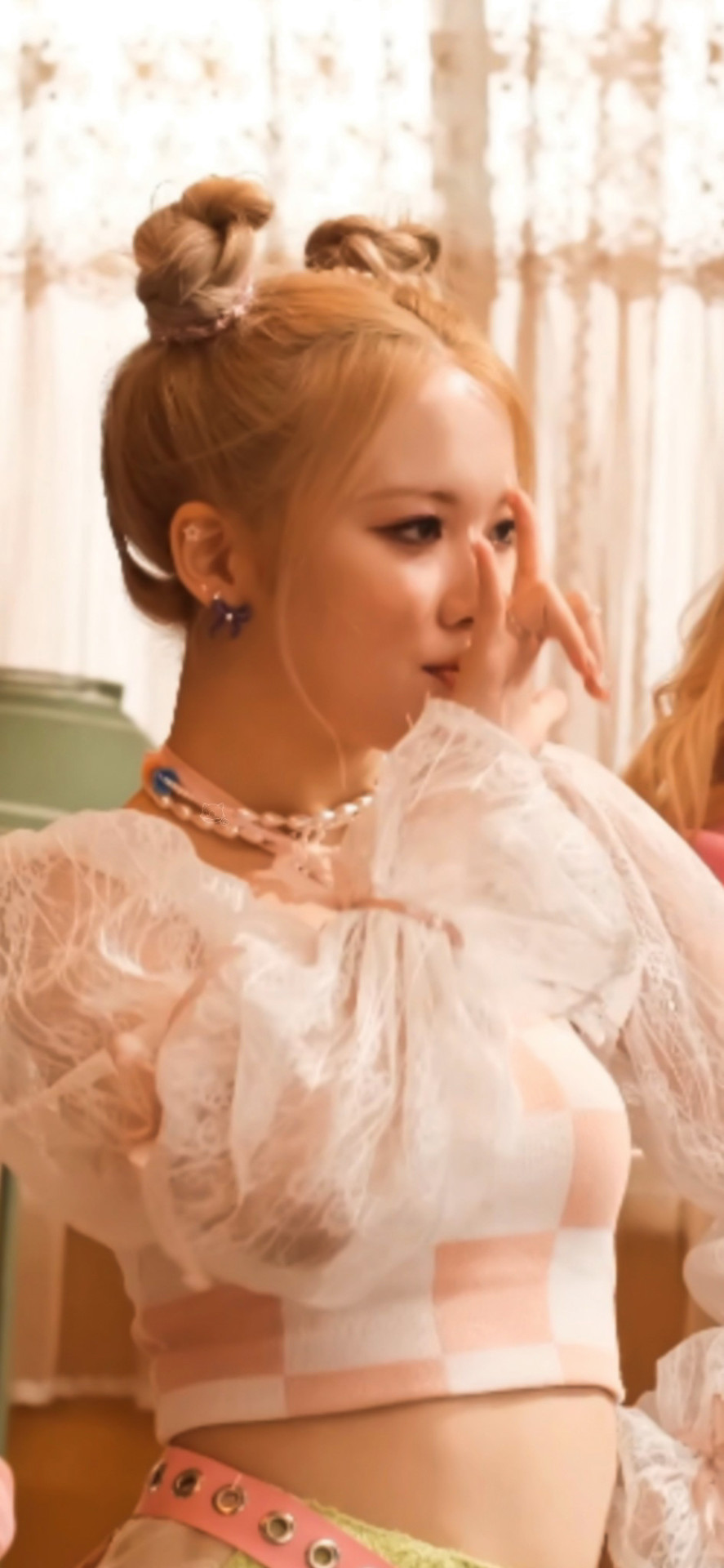

Tri.Be ᓚᘏᗢ
✧ We Are Young Behind.
✧ Print || Requested
✧ Nako
#hyunbin lockscreen#tri.be hyunbin#hyunbin wallpapers#jia lockscreens#jia wallpapers#tri.be jia#mire lockscreens#mire wallpapers#tri.be mire#soeun wallpapers#soeun lockscreens#tri.be soeun#jinha lockscreens#jinha wallpapers#tri.be jinha#tri.be kelly#kelly wallpapers#kelly lockscreens#tri.be songsun#songsun wallpapers#songsun lockscreens#tri.be#tri.be lockscreen#tri.be lockscreens#tri.be wallpaper#tri.be wallpapers#kpop#kpop wallpaper#kpop lockscreen#kpop lockscreens
12 notes
·
View notes
Photo


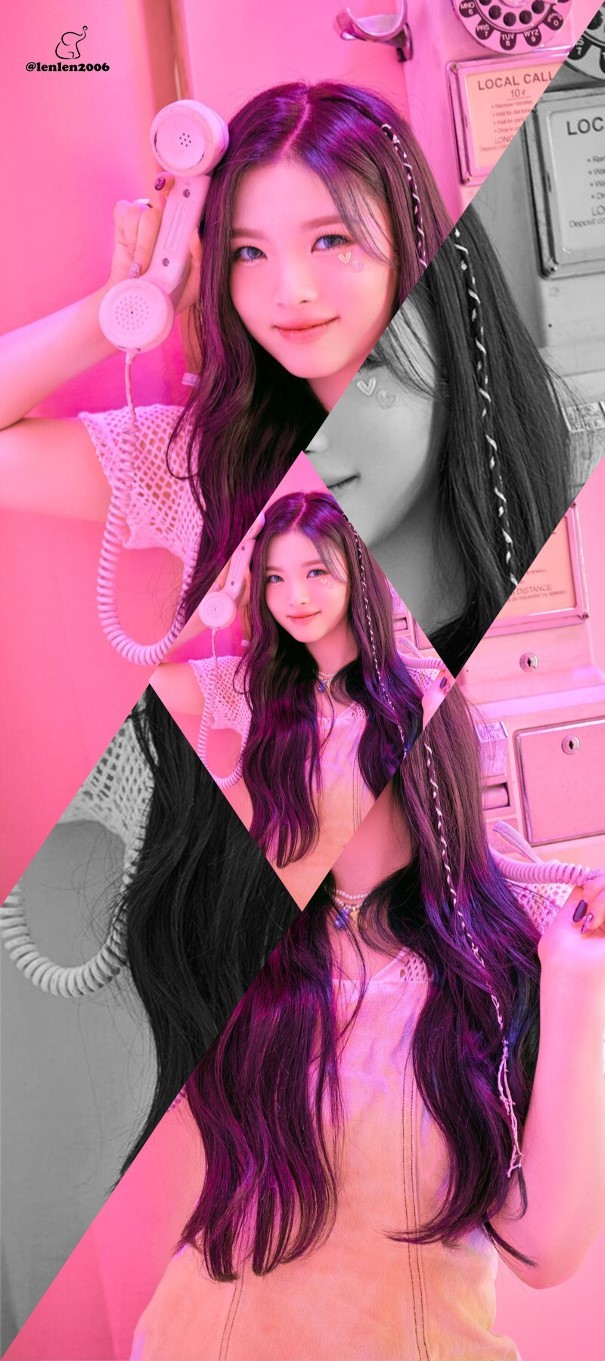

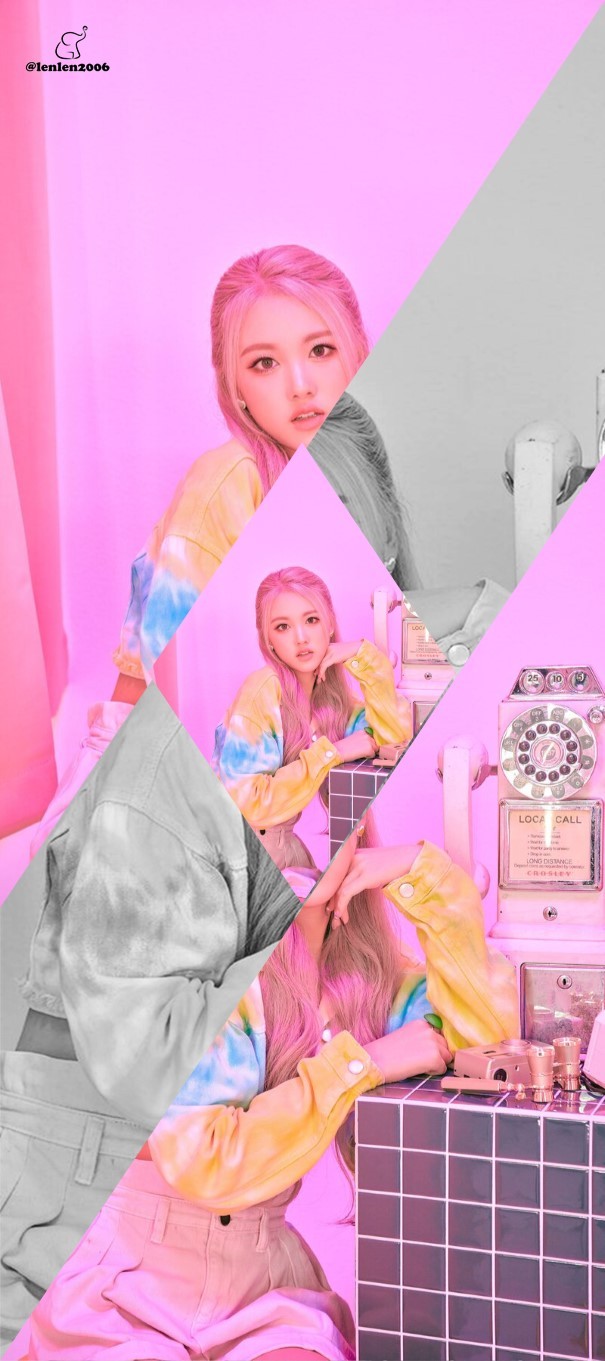

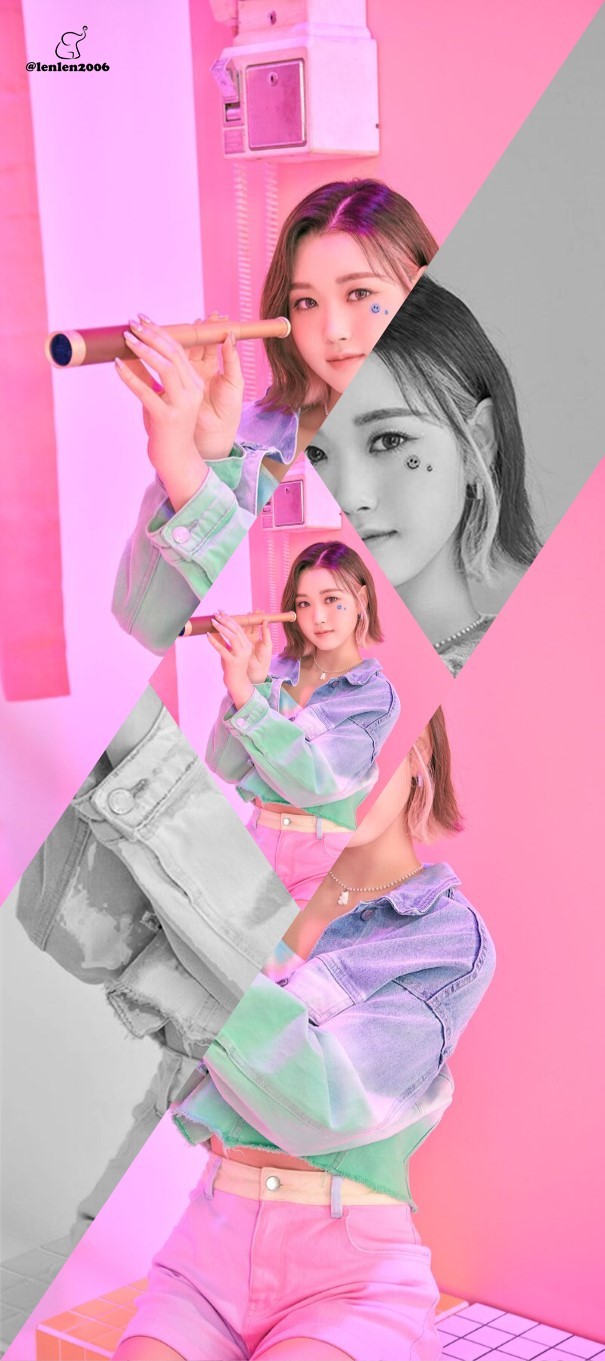
TRI.BE WALLPAPER
#tri.be#tribe#tri.be wallpaper#Song Sun#tri.be songsun#kelly#tri.be kelly#jinha#tri.be jinha#hyun bin#tri.be hyunbin#Jia#Tri.be jia#so eun#tri.be soeun#Mire#Tri.be mire#wallpaper#kpop wallpaper#kpop girls#the bha bha song#tribedaloca
22 notes
·
View notes
Text
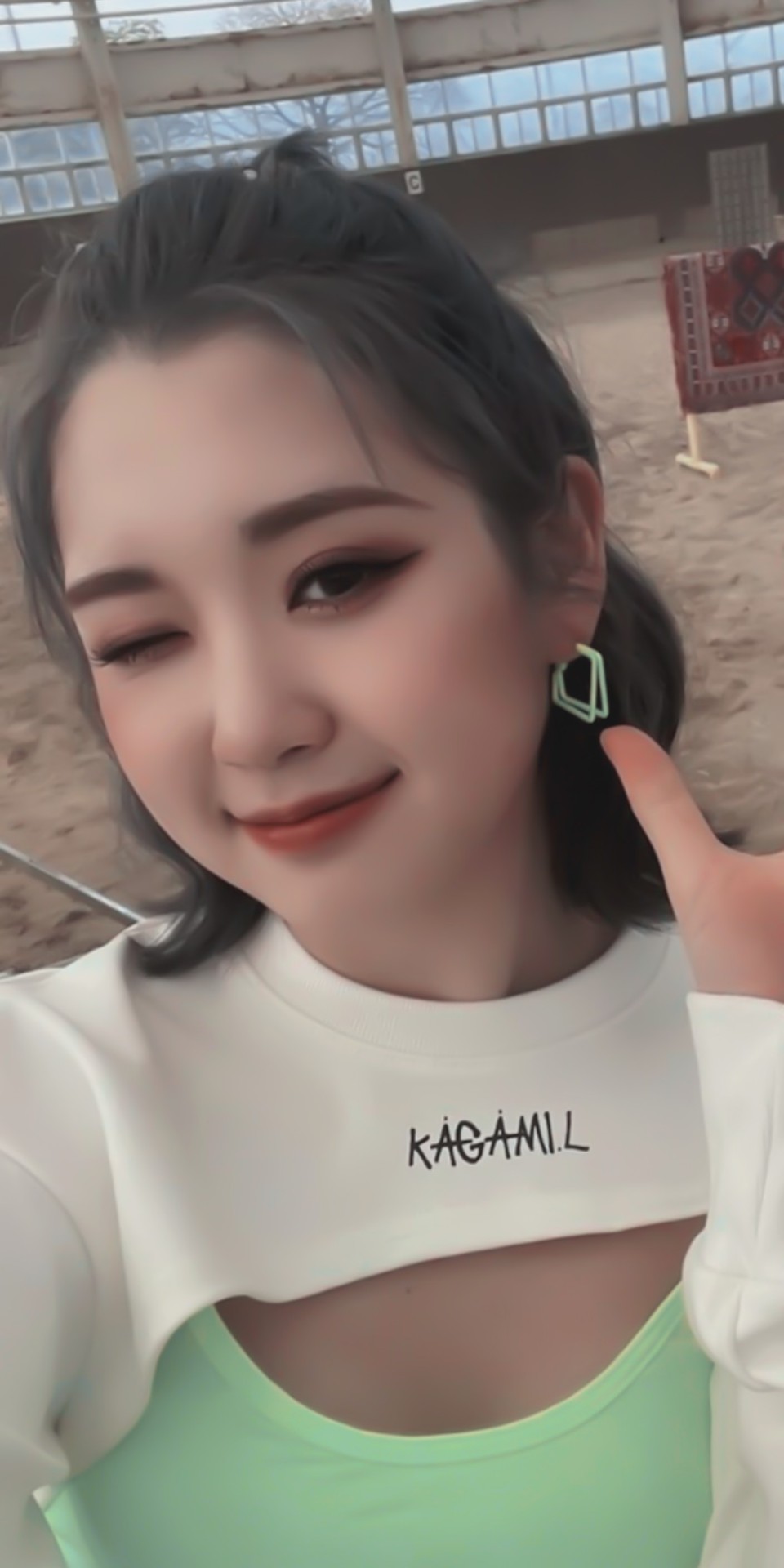

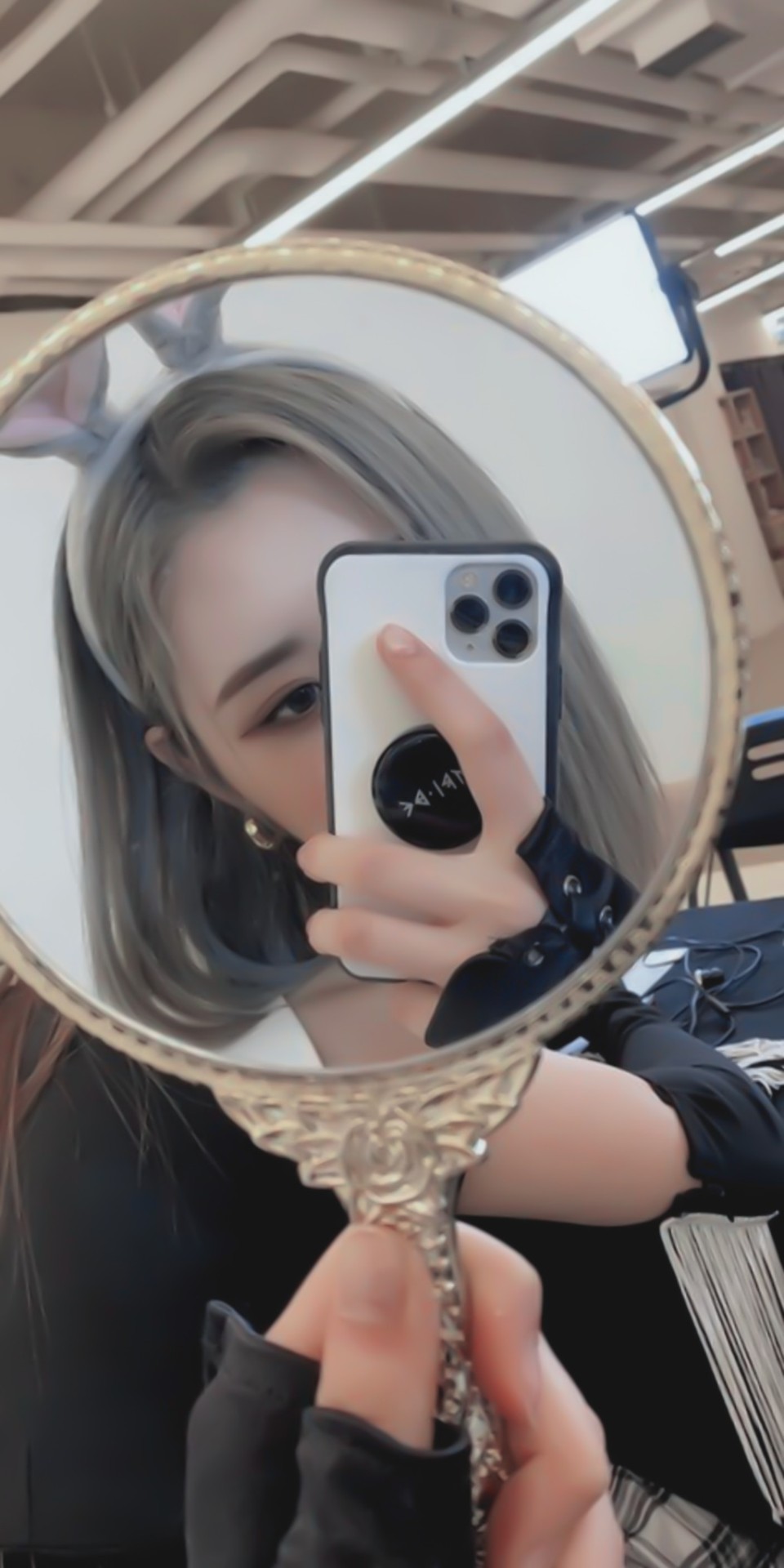
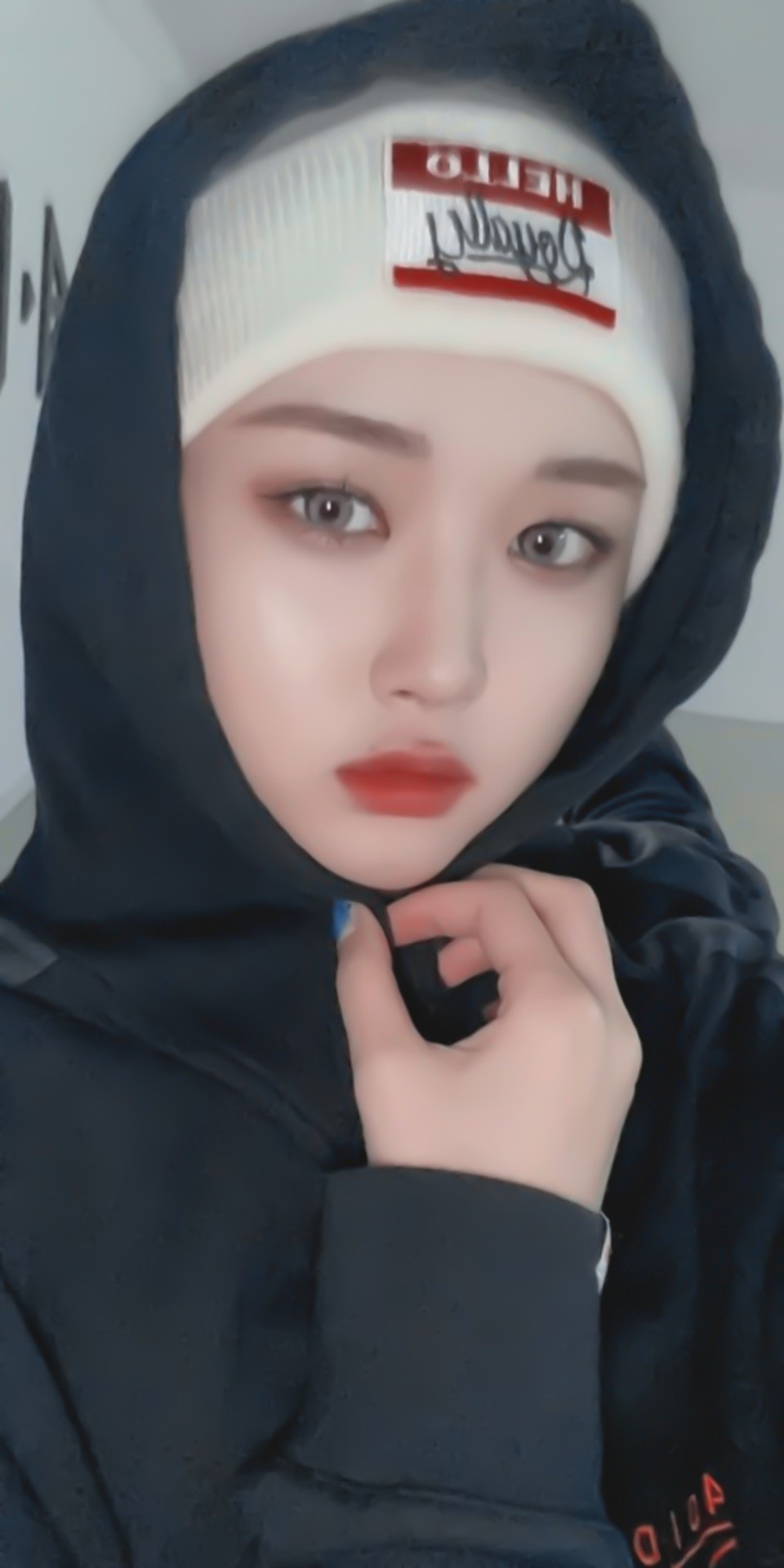



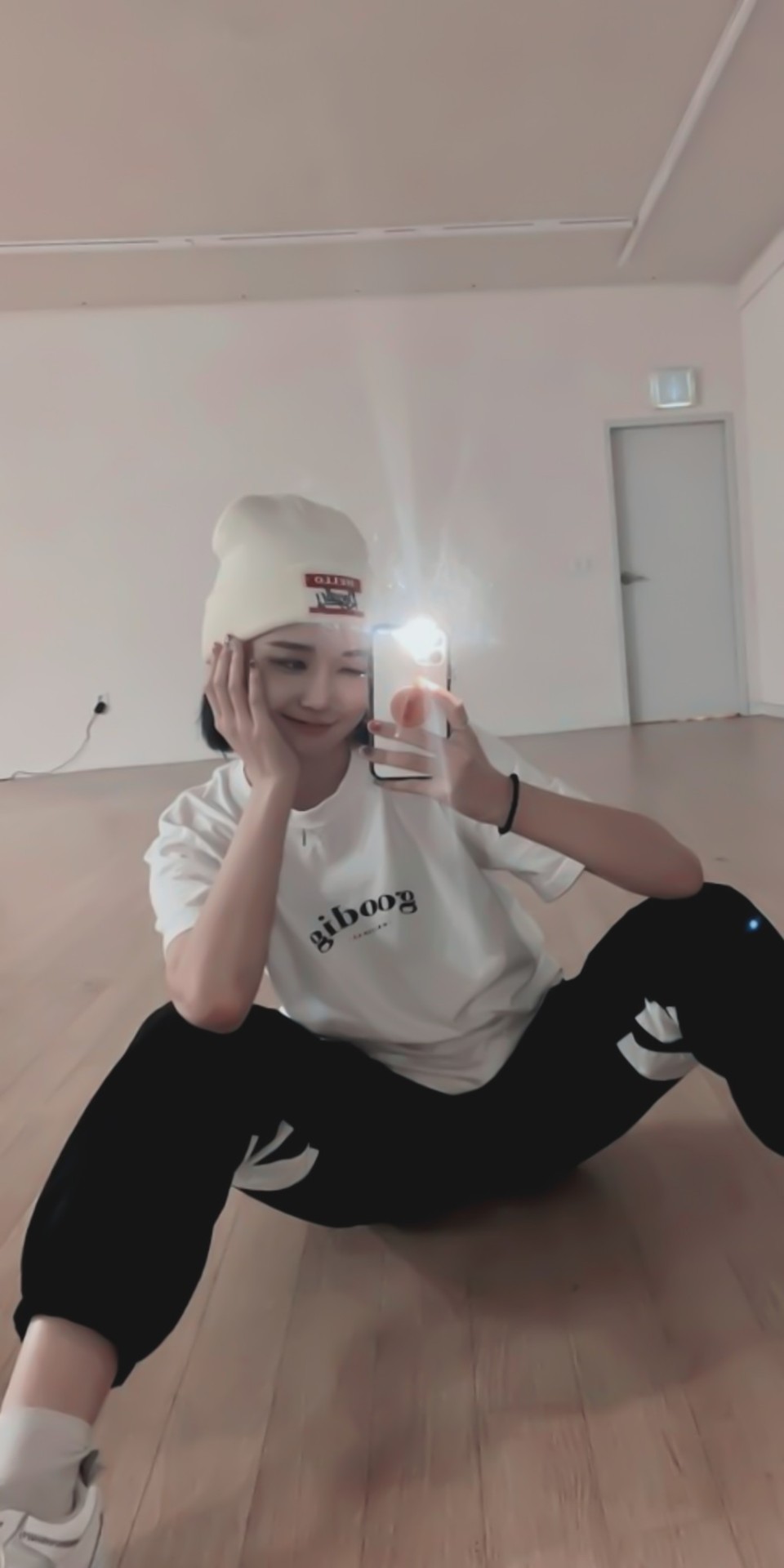
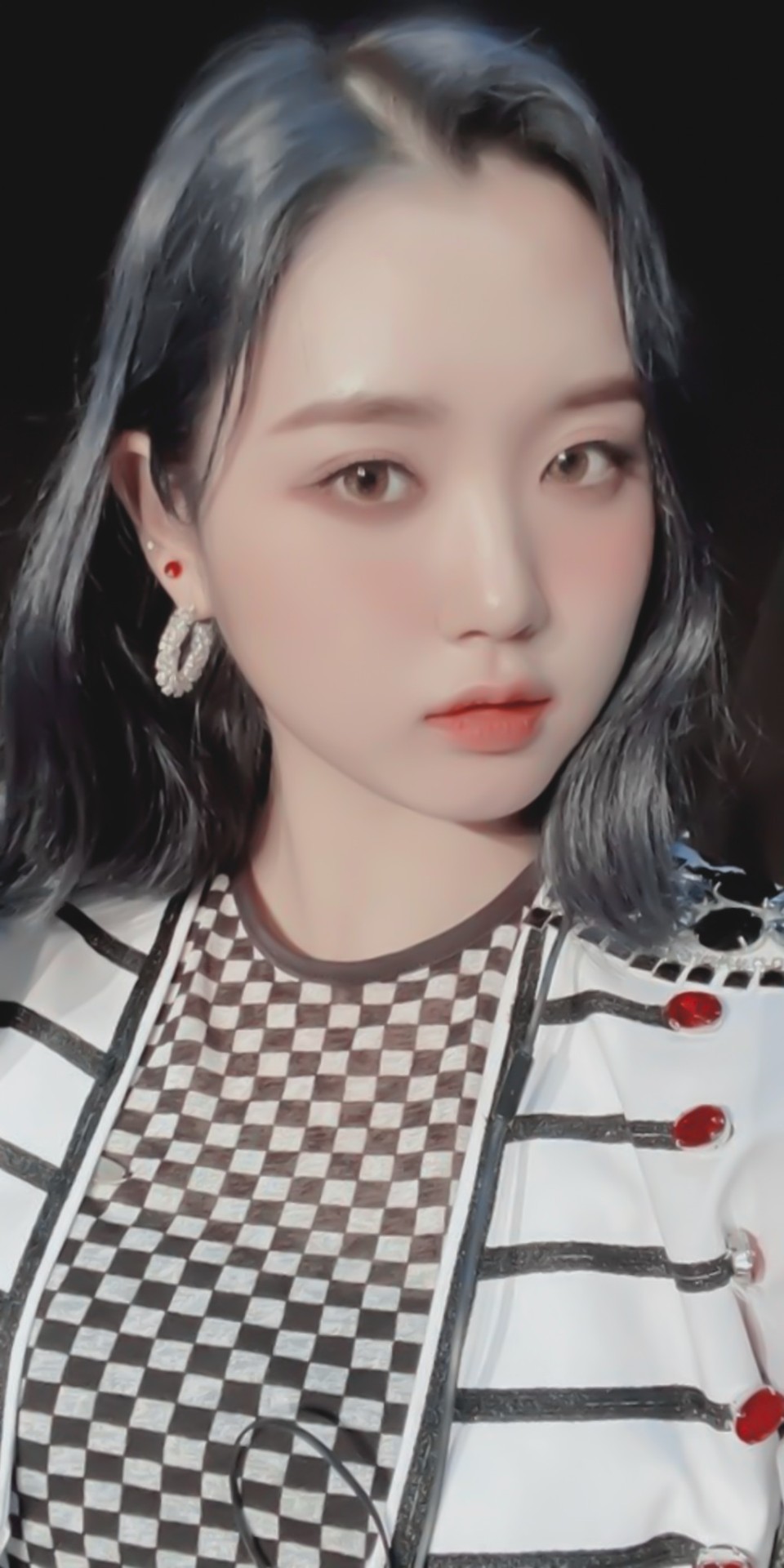
•.¸♡ 𝐌𝐢𝐫𝐞 𝐥𝐨𝐜𝐤𝐬 ♡¸.•
PSD;@kpop-locks
𝐏𝐋𝐄𝐀𝐒𝐄 𝐍𝐎𝐓 𝐑𝐄𝐏𝐎𝐒𝐓!!!
45 notes
·
View notes
Note
Back by unpopular demand: my weird javejita asks
But dany I was thinking... what do you think javejita’s apartment looks like? It can be their shared apartment in the future (??? *muffled crying noises coming from the background*) or it can be abejita/javi’s own apartment? Is there dishes stacked up in the sink? How often do they clean? Is it empty/impersonal or are there some personal knick knacks lying around? When they can finally spend time there do they like it or not? Any photos on the fridge/walls? Would any of them be annoyed with the other if they lived together? What behaviors would they hate? Does abejita keep fake flowers in her apartment also? Does javi keep the one she gave her? Does he still have that bee magnet connie got him? Okay, okay. I was going off track but I mean it, I’m curious about it especially since we got some little snippets about their apartments like the bee magnet or THE incident or how they’ve talked about where abejita is staying a bit... and I can keep going
You don’t have to give anything away ofc but I’m just curious about any bits of information you can give us

Okay So because we are going to see Abejita’s apartment in future chapters, I’m gonna talk about Javier’s apartment in Chapters 21-Onward, AND About Javejita’s Future Dwelling
Javier’s a p a r t m e n t when he gets back to Bogotá - I hope you like cardboard boxes! - There are a lot of them - He’s unpacked his clothing - And approximately 9 things for his kitchen (a plate, a knife, a spoon, a fork, a frying pan, a pot, a glass, a tumbler, his lil bee magnet; he bought new cooking utensils when he got there and the guy isn’t expecting company)
- But Javi... Hasn’t unpacked much else, he’s been busy since he got there and he’s found himself mired in red tape with work, he’s in a more senior position now, he’s busy - When he’s in his apartment it’s to sleep and change and shave and eat really fast and then he’s going again - Most of the cardboard boxes are in the living room, along the side wall, next to the television - You can get around the living room without tripping over them but he doesn’t uh... Entertain like he used to, let’s say that - He doesn’t have to clean often because he spends more time in his office than he does in his apartment - Maybe he’ll fish through a box for an old notebook or something, but... I know Crosby told him to take some time, settle in. He didn’t do that. Javejita’s future apartment house (I’m goin’ house, I’m picturing like a one story ranch style house something like this) - So.... We already know about the bee kettle - And don’t you worry, the bee magnet has also made the trip, it is in permanent residence on the fridge. If there is an important note, something that one wants to make sure the other remembers, it is left under the bee magnet (This is me not trying to sing Under the Bee to the tune of Under the Sea from The Little Mermaid) (Damnit now that’s stuck in my head, aw beans) - I like to think that Javier is actually surprisingly fussy when it comes to how things are arranged and making sure something is put back where it was picked up from - Like dude will get huffy if the tv remote is not put Back In Its Spot at the end of the night - And Abejita is like ‘oh this is a side of you that I did not know existed you adorable grumpy old man’ she’s like ‘Sir it is a tv remote’ and he is like ‘yeah and it lives on the tv hutch, not the coffee table’ - Abejita has a home office that she works out of, where she can be a little less organized and put things wherever she wants to (though sometimes she misplaces something and Javi is like ‘see if you put it back in the same place—’ ‘Can it and get out of my office, Peña.’) - Both Javi and Abejita have a lot of knick-knacks. Abejita’s got ones that she picked up herself in her travels; Javi has ones that were mostly given to him (See: Bee magnet) - They each have a few photos in frames on the wall in the living room, but it’s not terribly cluttered - Abejita gets a little huffy when she’s cooking and trying to get a meal together and Javi just sweeps through and mutters, “That doesn’t go there,” When she puts something down. - He always comes back when she’s done and puts things back ‘where they’re supposed to go’ (in his estimation) - If Abejita’s feeling really petty she’ll put something in a really weird place. - Like... I don’t know, putting a spice that they rarely use under the sink, and seeing how long it takes for Javier to find it. - And she knows he found it because one day she comes into her home office and it’s sitting on her desk. - When they were picking out home decor, Javier started jokingly putting anything bee or hive related in their cart, but ultimately, they have very few bee-like things around the house. - Though their dishtowels do have sunflowers on them, though. - And... eventually, so does the wallpaper in the nursery. Tag List: @justanotherblonde23 ; @pascalesque ; @revolution-starter ; @the-feckless-wonder ; @angels-pie ; @lcandothisallday ; @xletmetaste-yoursmilex ; @kaelyn-lobrutto24 ; @superwholockmarauder ; @blooo0ooop @bridiemh ; @mylittlelonelyappreciationtoo ; @windfallss ; @urbankaite2 ; @lunaserenade ; @jedi-mando; @darthdameron ; @paintballkid711 ; @mjby ; @captn-andor ; @mando-amando ; @wonderlandgabby ; @sarahjkl82-blog ; @ajeff855 ; @massivecolorspygiant ; @trash-dino-5000 ; @littlemissoblivious ; @psychedelic-star ; @anrimdjarin ; @pedritobalmando ; @cocotetsdespinacs ; @lou-la-lou ; @wantingtobekorra ; @coldlilheart ; @daisychainsinknots ; @teamgeiszler-gottlieb ; @leonieb ; @artsymaddie ; @blueeyesatnight ; @tardis-23 ; @mamacitapascal ; @amidjarin ; @mcueveryday ; @dionysuskid21 ; @xx-small-town-witch-xx ; @yespolkadotkitty ; @elen-aranel ; @randomness501 ; @blo0dangel ; @hnt-escape ; @poedameronsbeard ; @spideysimpossiblegirl ; @beskarhearts
48 notes
·
View notes
Text
variants on a scenario or: ten Martin Blackwoods walk into a house.
episode 170 spoilers, like BIG SPOILERS.
jonmartin, one sided Martin/Lonely
In every universe, eventually, he finds the house we've built for him.
1.
There is a smudge that copy-cats the shape of a man, and they wander the corridors. Sweep from room to room, dust-mote slow and purposeless. They are the colour of the wallpaper on our walls, and a sludgy heartbeat follows the metronome of our clock, and their eyes reflect back only the fog-rent vistas of our rooms. We cosset them in mist, give them the means to bury themselves forgotten.
They are not happy, but much happier. They are not safe, but much safer.
We have loved them like children love toys; loved to faded-ness, to sun-stained faint watercolour, to dereliction, dilapidation.
Once, the Avatar stalked past them in the corridor, shouting a name long rusted. The Avatar did not see them, and the man-shaped being didn't remember that was their name anyway.
It is better this way, we think.
2.
It is a poorly observed phenomena, how closely we ally with so many of the others. Seep in at the corner of their shades like a fading gradient. We are beloved of the Mother, The Choke, The Everchased. The One-Who-Sees has bordered us close-knit, and though its gifts of awful revelation and exposing the terrible as-it-is have never found much fertile soil with the Not-as-They-Should-Be, we at least have always been on pleasant terms with the Twisting Deceit.
The Stranger's lessons are in our fog, which refracts light and image like carnival mirrors. We build cliff-faces of falsehood, impassable paths bricked along with lies designed to distract, waylay, confuse.
This is your house, we whisper to him.
You have always been here alone, we promise.
We recite to our beloved that he has never been loved, and our winds, our walls, our winding mists tell him so often that eventually he believes us.
3.
It is cruel. A kindness we had thought to spare him.
We tailored this room, these walls, this house for him to wear, fitted and befitting, yet he picks at the seams, rubs patches into the weft of us through the friction of his insistence.
He always remembers eventually. Cycles round in conversational fits and starts, spasms and shocks, frowning at the tape recorder in his hand. He always remembers, and the intrusion of the wanting Eye, like a splinter, a broken bone, a half-glimpsed glimmer through our fog, won't let him rest, won't allow him to drift away properly.
Oh, hello there, he will smile at the little recorder. And steadily, his numbness will recede to fear, his blankness to panic, his silence to desperate declarations of a selfhood we have long worked on eroding.
Is this – this isn't my house, this can't be, why am I …. Jon! J-Jon, I'm here, I need you to find me Jon, please.
Before the realisation surges back out, gripless as tide. Memory washes away just as easily with the surf, we have found.
Oh, hello there.
Round and round and round he goes. Ad infinitum. It would be kinder just to vanish.
4.
Sometimes we are lucky. Our traps snaring multiple.
After all, we have so many rooms going spare. Enough for both of them to join us.
5.
The feast we desire walks into our open mouth.
His hands are chilled, frost-touched, trembling; he is babbling because he is nervous, because he smells the brine and sea-breeze and chemical tang of hospitals, because he knows he is enclosed by our teeth.
He does not fall behind. He does not lose his grip, does not stray from the hallways, the corridors. Our fog clouds his ankles but he doesn't stumble.
He leaves us, holding his anchor like a talisman, and our jaws are left wanting and empty.
6.
He never chooses us willingly.
He never wants us, not like he did. He does not yearn for silences, for the world to be washed colourless and simple and painless, not like he used to.
It hurts, how often he rejects us.
7.
The Avatar rips the clock from the wall. Shatters chair legs, tears down the lining of wallpaper, the carpeting, colouring the air with the name of the one we have taken.
He Sees into the heart of us and still cannot find him.
He is furious, powerful, but he is also insensible with terror, mired in guilt and recrimination and loneliness, and this only serves to help us dig our teeth in. He may be king in this world but he cannot conquer tide. He never deserved him, he who we claimed long before, our tendrils deep-rooted, historical. We have had our beloved all his life.
8.
Not now, Martin.
You're a bad son. You put her there, and she hates it, how could you do that to her, your own mother –
Not now, Martin.
Useless. Forgetful. Clumsy. Loud.
Shut up, Martin.
Boring. Poor company. A placeholder for better friends.
They're all better off without you.
We don't have to tell him many lies. Life taught him to lie to himself far better than we ever could.
9.
He is a work in progress, work of art, our masterpiece.
Over time-honed hours we sand away the corners of his recollections. After-work drinks, and inside jokes, and drunken songs shared between three. We touch up the shading so his mind does not stray to remembering small triumphs, earned successes, hard won victories. We scrub at the stubborn stains of his mother's disdain, the gnawing panic left by a series of jobs that left him empty and frustrated and desperately trying to make the budget match up, the easy everyday dismissals he believed he deserved.
We sand off the more recently applied paint of carefully cultivated loves and wishes and hopes, the whitewash of acceptance he thought he could finally claim. The Archivist's love has upholstered parts of him we had already weakened, but we are patient, we have time aplenty to sow our seeds and watch our meadow flourish, and we toil and scrape and wear him down until we can see the raw wood of him peaking through.
When we have finished, we are the only thing he can ever remember being.
10.
We know we have failed this time when he finds his name.
I am Martin Blackwood, and I am not lonely anymore.
When he refuses to be quiet, when he shouts his value, his worth, the things that we have failed to wipe from him so they echo and shake our walls down.
I am not lonely anymore. I have friends. I am in love. I will not forget, I will not.
He clears the borders of our domain with his head held high, his anchor walking by his side, and we know we have lost him for good.
#tma spoilers#jonmartin#the magnus archives#all content warnings similar to episode 170#cw mental degradation#cw self esteem issues#cw depression#the lonely
200 notes
·
View notes